The 2010s were a sea-change of a decade for filmmaking, one most notably marked by mergers and acquisitions; be it Disney’s purchase of Marvel just before 2010 rang in, and their subsequent absorption of LucasFilm and the biggest of all, one-time rival 20th Century Fox. Not to be outdone, AT&T purchased Time Warner, and everything that came underneath that banner, and while the effect of the latter is only now making itself really apparent, it’s no question that this was the decade that Marvel Studios, now backed by the Mouse, completely changed the game. In considering the greatest films of the 2010s, it’s impossible to ignore these changes.
Following the lead of Kevin Feige, everyone started chasing that shared universe dollar, and superheroes became all the rage, and the most popular genre in cinema. A title they still hold going into the just around the corner 2020s, but that doesn’t mean that’s all that the 2010s had to offer in terms of cinematic viewing pleasures. A multitude of interesting voices emerged over the last 10 years, as well as a number of critical favorites returned with fascinating new projects that shaped the decade in cinema.
Below, we gathered a cadre of the Beat’s staff to each pick a handful of films that stood out to them as the Greatest Films of the 2010s:
 Baby Driver (2017, dir. Edgar Wright)
Baby Driver (2017, dir. Edgar Wright)
Edgar Wright is one of the most creative filmmakers of our time. While his biggest work of the decade, Baby Driver, certainly has its flaws (most obviously the lack of a non-male character with any nuanced development), it’s also one of the most energetic movies of the 2010’s — it was so fun that I saw it five times in theaters. In what essentially amounts to a two-hour-plus music video, Wright captures the story of a getaway driver whose crimes are catching up with him.
All the music is diagetic and the film is edited to the beat of its soundtrack, allowing Wright to overwhelm us with a constant barrage of sensory delights. Baby Driver is not really a film about people as much as it is about craft — it sneers at a landscape of blockbusters dominated by a narrow set of corporate IP and CGI explosions and dares its peers to take true advantage of the budgets they’ve been given. — Alex Lu
 The Diary of a Teenage Girl (2015, dir. Marielle Heller)
The Diary of a Teenage Girl (2015, dir. Marielle Heller)
A categorically twisted coming-of-age story, Marielle Heller’s debut film, The Diary of a Teenage Girl, takes elements from from the semi-autobiographical comic of the same name by legend Phoebe Gloeckner. It’s a passionate, complicated, and — most importantly — sophisticated portrayal of a young woman’s blossoming into sexuality. Mistakes or not, our dear diarist makes the choices that affect her life for herself.
Bel Powley’s performance in the lead is exceptional and intense, authentic; she and everyone involved bear the burden of such an important story with gravitas and life, real screen magic that’s frighteningly tragic and exuberant with triumph in turn. I admire the dignity with which Heller approaches challenging stories about creative women both here and in her second film, the biography of author and forger Lee Israel, Can You Ever Forgive Me? Whatever she does next, you will find me out front in the box office queue. — Arpad Okay
 Fehér isten (White God) (2014, dir. Kornél Mundruczó)
Fehér isten (White God) (2014, dir. Kornél Mundruczó)
Kornél Mundruczó believes in film. White God (Fehér isten) is a love story about poverty and separation, how getting out from under can get you lost. A path back home becomes a path of revenge, when she just wanted a normal life, and he just wanted to be a good dog. White God stars a dog, two dogs, two hundred and fifty untrained street strays, an army. The pack storming the evacuated streets of Budapest is a little The Birds and a little Coven in its execution, but the flip side is Mundruczó can tease character moments out of a little dog that a silver screen actress would die for. Film is a medium where we can turn to silent eyes and share a connection of understanding. It’s a punk rock movie about expectations, cruelty, love, and power. And yeah, all the dogs were adopted after. — Arpad Okay
 The Florida Project (2017, dir. Sean Baker)
The Florida Project (2017, dir. Sean Baker)
After bursting onto the scene in 2015 with Tangerine, a film directed entirely with iPhones, writer/director Sean Baker gave audiences a heart wrenching film set in an impoverished community right outside Walt Disney World. In the shadow of corporate success, The Florida Project follows the lives of a few individuals- mainly a six year old girl and her young, troubled mother- as they struggle to pay rent and survive in a motel. On the verge of houselessness at any moment, the film becomes an intimate study of poverty and how children can adapt to find joy in even the worst situations.
The film is carried by its amazing child performers, especially Brooklyn Prince as Moonee, who are able to turn in powerful performances that perfectly match the sense of wonder and heartbreak Baker is aiming for. Coupled with some lovely cinematography courtesy of Alexis Zabe that captures the mundane, commercial beauty of the Orlando area and a powerful supporting performance by Willem Dafoe as a motel manager with a heart of gold, The Florida Project is one of those rare, captivating movies that will make you cry from both joy and extreme anguish. I’ve truly never seen anything like it. — Nick Kazden
 Frank (2014, dir. Lenny Abrahamson)
Frank (2014, dir. Lenny Abrahamson)
This clever melding of the imagery of Frank Sidebottom with the autobiographical circumstances of the film’s writer Jon Ronson’s involvement with Sidebottom and elements of Daniel Johnston’s story creates a touching, absurd fable of outsider creativity. Michael Fassbender is Frank, the mysterious bandleader who wears a paper mache head over his own, while Domhnall Gleeson is a talentless young musician who bumbles into a place in the band and proves to be its undoing. Wrapping an insightful portrayal of mental illness around its argument for the legitimacy of creative efforts outside our society’s accepted professional norms, Frank is a touching, funny film that also treats the acceptable compulsion to promote oneself online as a roadblock to genuine art. — John Seven
 Hard to Be a God (Трудно быть богом) (2013, dir. Aleksei German)
Hard to Be a God (Трудно быть богом) (2013, dir. Aleksei German)
The final film by Russian director Aleksei German, who died before it was finished, and based on the novel by the Strugatsky brothers, whose work was also adopted into film by Andrei Tarkovsky, Hard to Be a God is one of a kind — in a review in the Guardian, it was described as making “Game of Thrones look like musical chairs.” The premise is that a group of scientists have travelled to another planet that is identical to Earth but has managed to stop a renaissance from happening. The scientists have infiltrated the society and now must escape a warlord’s efforts for the mass-executions of intellectuals.
But the plot becomes engulfed in the world it exists in, covered in mud and blood and piss and brutality filmed with such beauty you will cry, where dialogue is not penned for clear exposition but further convolution, and the experience of watching it is less like taking in a story and more like being thrown into the middle of a dire, alien situation that we don’t understand. It’s masterful filmmaking that stands as a representation for pretty much any moment in human history, which is routinely guided by acts of rampant barbarity rather than kindness at all. It shows all the other science fiction films how you do it, and it’s unlikely there’s going to be any other that can match it. — John Seven
 Hereditary (2018, dir. Ari Aster)
Hereditary (2018, dir. Ari Aster)
The key to Hereditary’s effectiveness is debut writer/director Ari Aster’s remarkable understanding of the relationship between fear and grief. After all, what is grief but the realization of your greatest fears becoming a reality?
Hereditary is almost unthinkably scary, largely because it’s a deeply sad film. Much of the film has more in common with “serious” family drama than the horror genre, as the Grahams cope with two deaths in quick succession. We start with the funeral of Annie’s (Toni Collette, criminally robbed of accolades) mother, who had an admittedly strained relationship with the entire family, but a far more shocking and tragic death by the end of the first act forces viewers to confront the horror of true grief.
The night I first saw Hereditary, I sat on my bed silently for almost two hours before attempting to sleep. It wasn’t just that the film had frightened me, although it certainly had. As overdramatic as it sounds, I had to process what I’d seen. I had to think about what it was about my own life experiences that made me react so emotionally.
Horror is subjective. You can’t predict what’ll scare someone anymore than you could predict what’ll make them laugh, or what music they’ll like. Your mileage with Hereditary may vary. As for me, it produced one of the most emotional–let alone frightening–movie-going experiences I could have ever imagined. — Gregory Paul Silber
 Inception (2010, dir. Christopher Nolan)
Inception (2010, dir. Christopher Nolan)
Director Christopher Nolan is another on my list who has put practical effects to great use. His Batman trilogy was fine, but wasn’t a show stopper for me – once he got to Inception and continued from there, I found myself really immersed in his work. The combination of the way his films look, the intricate scores, the sci-fi bend, the way he plays with time – I’m a sucker for all of those elements, and Inception is where it all started, for me. To this day I can still remember the audience’s collective scream in the last 5 seconds of the film as the shot cut away from the spinning top. — Hannah Lodge
 Inside Out (2015, dir. Pete Docter)
Inside Out (2015, dir. Pete Docter)
A beautifully animated film, this film takes a deep dive into the mind of a troubled pre-teen, with a fascinating look at how our emotions struggle for dominance inside our heads. Not only is the film deeply emotional, but it’s also very funny. Incredibly structured, with some very inspired casting choices (Amy Poehler as Joy!), this film is everything “family” films should be. — Ruth Johnson
 Kona fer í stríð (Woman At War) (2019, dir. Benedikt Erlingsson)
Kona fer í stríð (Woman At War) (2019, dir. Benedikt Erlingsson)
With climate change as a scientific reality, we find ourselves living in an apocalyptic science fiction movie. Imagine making a feel-good movie about that scenario. The Icelandic film Woman At War does exactly that. With the magnificent Halldóra Geirharðsdóttir in two roles, Woman At War focuses on a determined lone ecoterrorist disrupting the business of a multinational aluminum smelting plant with a mix of comedy, surrealism, and nail-biting tension. But this is juxtaposed with the terrorist’s twin sister, who advocates for kinder ways to save the earth by small good deeds. Between the two, the film offers a sublime analysis of both points of view and still manages to deliver a compelling drama with some good laughs in there, as well as a haunting final scene that gives both sides of the argument power and dignity. — John Seven
 Life of Pi (2012, dir. Ang Lee)
Life of Pi (2012, dir. Ang Lee)
Sure, director Ang Lee has been somewhat hit or miss over the past decade, but one movie where he really nailed it was this adaptation of Yann Martel’s 2001 novel, which no one thought was possible to make. In fact, it took over a decade and Lee’s persistent use of technology to enhance his artistic filmmaking. Maybe he’s gone a bit overboard with the whole 120FPS thing, but his use of 3D technology and CG to create the animals really helped enhance the journey of Suraj Sharma’s Pi Patel after his family’s “zoo ship” sinks to the bottom of the sea leaving him in a boat with a zebra and a ferocious tiger. I’ve only seen the movie a couple times, both in 3D, but it’s the kind of movie that was for the time what Sam Mendes’ 1917 is this year – art and technology being combined to create cutting edge cinema. — Edward Douglas
 Mad Max: Fury Road (2015, dir. George Miller)
Mad Max: Fury Road (2015, dir. George Miller)
I find myself telling stories of how I felt when I watched my top movies of the decade, because I think the truest sign that a movie matters to you is if you can recall what it made you think and how it made you feel. To that end, I also remember exactly how I felt when the lights came up after Mad Max: Fury Road. I was still buzzed from the adrenaline I’d felt on the entirety of the film, which almost felt like a ride. Beyond how empowering the film felt, it was also a technical marvel on all fronts. I spent days, weeks, and months listening to the soundtrack and replaying action sequences in my head. Most of all, I remember turning to my partner and saying: “Wow. What else could you say?” — Hannah Lodge
Mad Max: Fury Road is a flawless film. Beautifully shot, perfectly paced, with an award-winning cast and some of the coolest stunt work of all time makes this action movie worth watching over and over, because each time, it feels new. In addition to being a great action movie, Fury Road is also incredibly cathartic, especially for some survivors of abuse. — Samantha Puc
 The Master (2012, dir. Paul Thomas Anderson)
The Master (2012, dir. Paul Thomas Anderson)
For my money, Paul Thomas Anderson‘s best film in a filmography almost completely made up of high points for most mortal filmmakers. A not so veiled look at the origins of Scientology, though never named as such, The Master is Anderson’s methodical excavation of how individuals seek to control one another through the auspices of friendship, faith and other avenues, while also underscoring the idea that post-war periods are when spiritual movements become their most productive. It’s a fascinatingly fragmented film, made up of leftover scenes from his previously hailed There Will Be Blood, while melding together the lives of L. Ron Hubbard, John Steinbeck, and other key influences, it becomes a hypnotizing kaleidoscope of a film, anchored by Phillip Seymour Hoffman (giving perhaps his last great performance before his untimely death) and Joaquin Phoenix undergoing the first of a round of ongoing physical transformations to shape his WWII vet lead.
Like the richest cinematic experiences, it’s one whose strengths consistently bloom out further upon each revisit, with new wondrous elements coming to the fore each time. — Kyle Pinion
 Moonlight (2016, dir. Barry Jenkins)
Moonlight (2016, dir. Barry Jenkins)
A coming-of-age story with three clear acts- divided into separate chunks of central character Chiron’s life- director Barry Jenkins weaves a depressing, awe-inspiring tapestry that methodically tracks a gay man’s desire for love and community in a world seemingly out to get him. Heartbreaking and uplifting at the same time, Moonlight examines what happens when someone feels compelled to hide parts of who they are — from their family, from their peers — to survive and how that pressure compounds and chips away at a person over time. The movie has a slow yet urgent energy, creating a sense that something explosive could happen at any moment, and every interaction feels vitally important to the overall story being crafted.
Packed full of dynamic performances, including one that earned Mahershala Ali a best supporting actor Oscar, each scene feels like an emotional gut-punch as Chiron struggles to tune-out the pain of the outside world and love his true self. Vulnerable in a way few movies can match, Moonlight is about so much more than growing up in the closet, it’s a raw look at perilous masculinity and the value of relationships that is bolstered by James Laxton’s intimate cinematography and the ingenious lighting department in every way. — Nick Kazden
I remember seeing Moonlight by myself in a theater while I was away on a business trip. The theater was pretty packed, so I found myself surrounded by strangers, tears streaming down my face for a good 20 minutes. It’s the most emotional reaction I’ve had in a movie, probably ever, and it’s stuck with me since. From the masterful performances, particularly from Mahershala Ali, to its unusual structure, it’s a movie that’s stayed with me ever since. — Hannah Lodge
 The Muppets (2011, dir. James Bobin)
The Muppets (2011, dir. James Bobin)
Let’s make one thing clear: if the Muppets are ever an option for any Best Of list of any kind, I will put them on it. And this movie is no exception. Having grown up with all of Jim Henson’s beloved characters and still watching the original Muppet Movie with my kid a few times a year, this felt like a love letter to what so many of us associate with childhood. Going through a journey of nostalgia, Gary (played by Jason Segal) goes on a journey with his Muppet brother named Walter to rally the old clan from the Muppet Show and save the Muppet Theater from being demolished from an evil oil tycoon.
Stippled with charming, catchy songs and the relentless optimism, the movie feels like the Muppets never fell out of style. With that in mind, there’s a sincere and very earnest sadness about the movie for those of us who miss the wholesomeness of Jim Henson’s creations; but that only seems to bring further proof that resilience and being happy just to still be around is the core message of the film. Also, I dare you not to cry when Kermit sings “Rainbow Connection.” — Chloe Maveal
 Nightcrawler (2014, dir. Dan Gilroy)
Nightcrawler (2014, dir. Dan Gilroy)
I think about Dan Gilroy‘s Nightcrawler maybe more than any other film from this decade. With its lush presentation of Los Angeles at night, deserted industrial parks to quiet side streets to lush avenues in the Hollywood hills, it easily slots itself in as one of the most gorgeously rendered portraits of the city of the last ten years. But that’s just the immediately engrossing aesthetic value, and doesn’t at all take into account the pulse pounding tale of Lou Bloom (Jake Gyllenhaal) and his desperate and cut-throat entrepreneurial drive towards the Nightcrawler career path.
What results is a fascinating blend of American Psycho, Drive, and Network, and all the social commentary that entails, along with a propulsive plot that finds Lou scheming his way across the city to continually build his brand, regardless of how he has to skirt to the law to make that happen. While Gilroy has made a couple of subsequent films, including Velvet Buzzsaw, reuniting with Gyllenhaal; if this ends up being his apex, I’ll take it. — Kyle Pinion
 Paddington 2 (2017, dir. Paul King)
Paddington 2 (2017, dir. Paul King)
Growing up with Paddington Bear was a highlight of my childhood. I loved the books. And then as I got to be an adult, the first Paddington movie came out. I was hesitant, but ended up loving it. However, the real nostalgia treasure trove for me was the release of Paddington 2. With all of the exposition already laid out in Paddington, the second movie is free to roam free with the kindness, silliness, and heart-warming love that the original stories were all about. Not only does Paddington go to jail and completely turn the place around (through the power of manners, kindness, and marmalade sandwiches, obviously). Even better: his neighborhood just isn’t the same without the small differences Paddington makes in everyone’s daily lives. Honestly, I could go on forever about the good nature of this film, but I only have so many words. Instead I’ll leave it here and just say that this is the beacon of good that we need in the world and Hugh Grant’s role is probably the best of his entire career.. Yes, I know what I said. — Chloe Maveal
 Parasite (기생충) (2019, dir. Bong Joon-Ho)
Parasite (기생충) (2019, dir. Bong Joon-Ho)
Early on in Parasite, Kim Ki-Woo marvels “It’s so metaphorical!” as he marvels at a scholar’s rock gifted to his family by a wealthy friend. The stone is supposed to bring the Kims wealth and good fortune — and in a way, it does, as along with the stone comes a job offer to tutor the daughter of a rich family. That job serves as the catalyst for an escalating series of cons that inextricably tie the impoverished Kim family to the impossibly wealthy Park family. From its use of geography (the Kims live in a sub-basement apartment at the bottom of the city while the Parks own a walled garden estate at the top), to its satirical character portraits and often surreal plot twists, Parasite is one of the smartest, most well-made, and tightest films of the decade. — Alex Lu
 Phantom Thread (2017, dir. Paul Thomas Anderson)
Phantom Thread (2017, dir. Paul Thomas Anderson)
One of the most delightfully twisted romance films of the decade — nay, of all time — Phantom Thread is a joy to watch. It helps that Daniel Day-Lewis is at the top of his game, and newcomer Vicky Krieps matches him at every turn. You will never look at mushrooms the same way again. You’ll laugh, you’ll cry, you’ll be kind of scared. Not just for the two characters’s relationship and their sanity, but also for your own perception of the romantic world after viewing this incredibly unique film. — Ruth Johnson
 Serbuan maut (The Raid: Redemption) (2011, Gareth Evans)
Serbuan maut (The Raid: Redemption) (2011, Gareth Evans)
John Wick may currently be the biggest name in the game when it comes to tightly constructed, small-budget action films, but The Raid: Redemption is on a completely different level. Set in Jakarta, The Raid follows a group of 20 elite police officers as they set-out to take down Tama Riyada, a brutal drug lord who lives on the top-level of a criminal infested apartment tower. Don’t let the simple, video-gamey premise fool you, the simple story makes it easy to get lost in the expert displays of Pencak Silat, an Indonesian martial arts form, and bullet-infused chaos taking place inside the tower. Thanks to the jaw-dropping fight choreography and effective camera work that highlights how talented these performers are, each hit feels earned and every downed foe feels like a defeated threat instead of fodder to make the protagonist appear heroic.
Directed by Gareth Evans on a one million dollar budget, much of The Raid rests upon Iko Uawais’ beefy shoulders as he punches and slices his way to the top floor. The critical and commercial success led to an impressive sequel, also directed by Evans and starring Uwais, but the franchise’s initial outing is one of the most tense, pulse-pounding action movies ever produced. — Nick Kazden
 Rak Ti Khon Kaen (Cemetery of Splendour) (2015, dir. Apichatpong Weerasethakul)
Rak Ti Khon Kaen (Cemetery of Splendour) (2015, dir. Apichatpong Weerasethakul)
Apichatpong Weerasethakul’s Cemetery of Splendour (Rak Ti Khon Kaen) is a slow burn ghost story. Full of long takes of color therapy lights, used to treat soldiers with sleeping sickness most folks in town believe is a curse, spirit possession. A nurse falls in love with her convalescing patient through reading his diary — experiencing displacement as she reads about his departure into dreams. The quiet of the movie is disturbed by slight sound of the industrialization of agriculture, establishing a menacing absence. Black Lodge waiting room vibes, hints of horror, hints of science fiction, of Solaris. A glacial pace. The audience is subjected to the color therapy treatments with the slumbering warriors. A towering achievement of magical realism, understated in a way few risk in film. Immerse yourself in the nebulous darkness born from ancient guardians of the boundaries and modern ennui, paid off in implication. — Arpad Okay
 Scott Pilgrim vs. the World (2010, dir. Edgar Wright)
Scott Pilgrim vs. the World (2010, dir. Edgar Wright)
I wanted to include at least one comic book movie in my three picks, but I had to go all the way back to the beginning of the decade when Bryan O’Malley’s fantastic graphic novel series was adapted by Edgar Wright (I actually had a tough time deciding between this and Baby Driver, since I felt like I had to include at least one of Wright’s two fantastic films from the past decade).
I feel like Scott Pilgrim vs. the World is more worthy mainly because it does such a great job capturing the tone and feel of O’Malley’s comics while showcasing a slew of talented young actors including the likes of Mary Elisabeth Winstead, Brie Larson, Anna Kendrick, Aubrey Plaza, Alison Pill and Ellen Wong, still fairly early in their careers. Sure, Michael Cera has the title role, but it’s really the women around him that steal the show, as well as Ramona’s evil-exes, played by the likes of Chris Evans, Brandon Routh and Jason Schwartzman. Like Wright’s earlier film Hot Fuzz, this is a movie that I literally could watch anytime it’s shown anywhere, which seems like as good a definition of “best of the decade” as one that captures the feel of a generation, which Scott Pilgrim also does. — Edward Douglas
 The Social Network (2010, dir. David Fincher)
The Social Network (2010, dir. David Fincher)
The Social Network is many things — it’s well-acted, well-shot, is masterfully written by Aaron Sorkin, is tightly edited and has a delightfully somber score from Trent Reznor. However, above all that, it perfectly captures the first chapter of our century’s biggest story. I grew up during the angsty and rebellious teenage years of the internet, when we still deigned to dream of an egalitarian platform that would equalize society and make information free. Recently, when I re-watched The Social Network, I was struck by how much this movie is about the death of that idealistic dream as it is about the birth of the internet that we have now — a collection of silos owned by companies whose leaderships are largely amoral, setting standards based on a desire for “balance” rather than truth.
The film’s portrayal of Facebook founder Mark Zuckerberg is relatively scathing, but also somewhat sympathetic. By the end of this movie, Rashida Jones’ character tells Zuckerberg, played by Jesse Eisenberg in the role of his career, that he’s “not an asshole, [he’s] just trying so hard to be.” Perhaps, perhaps not, but if the Zuckerberg of the 2000s was motivated an incel-esque rage and the desire for power, the story of Zuckerberg in the 2010s needs to be told in order to capture what he is now: a technocrat with a crown, desperate to hold onto control no matter what evil he and his company empowers. — Alex Lu
Somos lo que hay (We Are What We Are) (2013, dir. Jorge Michel Grau)
Police find a severed finger inside a dead watchmaker’s stomach. The watchmaker was the sole provider for a family that performs ritualistic cannibalism. Somos lo que hay is a gut wrenching look at how a society—a whole system, even—creates tragic monsters. What makes the film special is in how aggressive it is in telling its audience how bad we’ve been doing as people. Jorge Michel Grau’s vision is one of raw humanity and just what it truly means to survive in a failed system.
The film has its fair share of gore and uses the language of horror quite well, but the tone is almost journalistic. Unlike many American films, Somos lo que hay is unafraid to put the blame on people at a national scale, not just on the small group people entrenched in the scenario. It reminds of Bong Joon-Ho’s Parasite in this regard, with the family representing the struggles of the whole while redefining whatever it is that’s necessary to live in the present condition. The entire cast submerges itself into their roles and what we end up with is one of the most memorable and tragic families in cinema history. — Ricardo Serrano
 Sorry To Bother You (2018, dir. Boots Riley)
Sorry To Bother You (2018, dir. Boots Riley)
From start to finish, Sorry to Bother You is hard to snub your nose at. The story follows Cassius Green, who is broke, living in his uncle’s converted garage, and trying to maintain his relationship with his radical-minded, conceptual artist girlfriend Detroit. He finally lands a job at a call center where he learns that putting on a “White voice” keeps callers from being deterred from his cold calls; but after a promotion to “power caller” while his comrades unionize and strike, Cassius discovers the dystopian horror that really keeps the corporation running.
The film is packed with incredible (and really funny) cinematography and messy, unsubtle satire about classicism, poverty, and race that offer a horrifying, hysterical, and brazen take on capitalism. But if that sounds too serious for your tastes and you’d prefer body horror, well…just keep watching to the end. Overall, this is probably the most punk rock movie I’ve seen in a very long time. — Chloe Maveal
 Spider-Man: Into the Spider-Verse (2018, dirs. Peter Ramsey, Bob Persichetti, Rodney Rothman)
Spider-Man: Into the Spider-Verse (2018, dirs. Peter Ramsey, Bob Persichetti, Rodney Rothman)
I saw the first 35 minutes of Spider-Verse two months before the film’s wide release. I could count on one hand the number of movies that have made me cry, but one scene made me sob uncontrollably: Peter Parker has died, leading a mourning young Miles Morales into a shop run by Stan Lee. It’s one of Stan’s final cameos, and easily his best. Miles wonders if a cheap Spider-Man costume will fit his small body, to which the animated Stan responds: “It always fits. Eventually.”
This is, by a wide margin, the best superhero movie. It’s also my single favorite movie, largely because of how it universalizes superheroism as a concept. Nobody is born a hero. We fail, we learn, and we grow into it. Eventually. Into the Spider-Verse is brilliantly-crafted in every conceivable way, with a distinct aesthetic identity that also makes room for diverse animation styles among the core cast. Daniel Pemberton’s score is unforgettable, and it’s easy to imagine Miles, an Afro-Latinx teen raised in Brooklyn, loving the soundtrack.
“My strength and my honor is trusted by children” YBN Cordae raps on DJ Khalil’s “Elevate.” It’s emblematic about one of the secrets to Spider-Verse’s success. This is a kid’s movie. The genre may have turned its focus to adults in recent decades, but the appeal of superheroes is rooted in children fantasizing about being cooler, braver, better versions of themselves. I can’t wait to see how this film inspires the generation of kids who love it. — Gregory Paul Silber
It’s not an exaggeration to say that Spider-Man: Into the Spider-Verse raised the bar for animation in a totally unprecedented way. It’s got the accolades to prove it, too, and each one is well-deserved. This movie has rapidly become a go-to no matter the day or time, because it’s so easy to fall into the rhythm of it and feel Big Feelings for Miles, Gwen, Peter B., Penny, and the rest. Kudos to to this entire team; I can’t wait for the sequel. — Samantha Puc
 The Square (2017, dir. Ruben Östlund)
The Square (2017, dir. Ruben Östlund)
I’m going to go the cheap way out and quote myself, from my Best Films of 2017 piece, as my feelings have not changed in the least:
“This is 2017’s best film. The winner of the Palme at Cannes, The Square is the latest satirical effort from Ruben Östlund, the filmmaker behind 2014’s Force Majeure. The put it bluntly, The Square is hilarious and one of the few times a film this riotous has come away with the festival’s top prize. Centered on a curator for a modern art museum, it follows his journey as he is preparing to open a new piece eponymously sharing the film’s title. Before that happens, his wallet and cellphone are stolen by some crafty thieves. This begets an odyssey into his own and our collective fears and judgement of “the other” and class conflict simmering under the surface of a tremendous sending-up of the modern art world. And I don’t know where Claes Bang has been all my life, but he delivers one of the best, most nuanced performances of the year in the lead role. Every scene he has with Elisabeth Moss, especially, are all-timers. I can’t wait to watch this again.”
And watched it again I have! And now it’s not just one of the best films of its respective year, but one of the best films of the decade too. — Kyle Pinion
 Submarine (2010, dir. Richard Ayoade)
Submarine (2010, dir. Richard Ayoade)
I’ll be frank: this film is entirely reckless for the subject matter that it’s tackling. But that factor is exactly what makes it so spectacular. Protagonist Oliver Tate finds himself enraptured with the witty and erratic Jordan. It’s hard enough focusing on a burgeoning relationship; however Oliver’s concerns also get wrapped up in the mess of his parent’s failing relationship. Sure, it all sounds very coming-of-age and light, but director Richard Ayoade tackles everything head on in such a way that makes the mood fluctuate rapidly and with minimal grace. The beauty of that though, is that it mimics the true experience of adolescence and navigating relationships without asking for forgiveness and still providing plenty of awkward laughs along the way. You want your awkward coming-of-age story for the decade? Well here ya go. — Chloe Maveal
 Tinker Tailor Soldier Spy (2011, dir. Tomas Alfredson)
Tinker Tailor Soldier Spy (2011, dir. Tomas Alfredson)
A tight spy thriller with an incredible cast of your Brit favorites, this is one of the top movies of 2011 — and one of its most underrated. Based on the classic by John le Carré, this film is both an excellent adaptation and very much its own thing. MI-5 has never been so interesting — and so inept — as they search for a Soviet spy within the organization. Only George Smiley (Gary Oldman in a stunning transformation), mild-mannered semi-retired spy — can find the mole and save MI-5 from decaying into itself. — Ruth Johnson
 To All The Boys I’ve Loved Before (2018, dir. Susan Johnson)
To All The Boys I’ve Loved Before (2018, dir. Susan Johnson)
I’m a sucker for a really good romantic comedy, and To All the Boys I’ve Loved Before uses so many of my favorite tropes: fake dating, mutual pining, awkward protagonist who still knows how to set boundaries… That’s just to name a few. I’ve watched this movie at least two dozen times since it came out and it just never gets old. I hope the rest of the trilogy is just as delightful, and I hope people remember this movie for how it revitalized rom-com fans the world over when it hit Netflix last year. — Samantha Puc
 Train to Busan (부산행) (2016, dir. Yeon Sang-ho)
Train to Busan (부산행) (2016, dir. Yeon Sang-ho)
Truly great zombie movies are few and far in between, but when a special one comes along and sticks out among the rest it blows up the scene. Train to Busan is one such zombie movie. The movie focuses its zombie apocalypse on a father and daughter relationship that’s in desperate need of quality family time but is interrupted by the undead overrunning their train ride to see the girl’s mother. While we get fast and vicious-looking zombies with the requisite gore and blood-splatter, where Busan truly excels is in the situations it puts its incredible cast of characters through.
The zombie action is surprisingly claustrophobic as the titular train is cramped and filled with reanimated passengers. This allowed director Yeon Sang-ho to get creative with small spaces and get the most tension out them. The camerawork is phenomenal and worth a watch on its own. But we also get biting social commentary on South Korea’s social hierarchy and how it latches on to the apocalypse to try and dictate who should be protected from the zombies and who should chance it based on perceived self-importance. Train to Busan is a perfectly rounded film that covers everything it wanted to explore in depth. In the process, it also serves as a challenge to zombie films in general. It demands more from zombie storytelling. — Ricardo Serrano
 Under the Shadow (زیر سایه) (2016, dir. Babak Anvari)
Under the Shadow (زیر سایه) (2016, dir. Babak Anvari)
Iranian-born director Babak Anvari managed to craft a very unique horror hybrid with Under the Shadow, a haunted house/possession/war story that’s interested in new forms of terror. A mother and daughter decide to stay in their apartment building during the Iran-Iraq war Tehran in the 1980s, during the War of the Cities (in which Saddam Hussein ordered five air raids over Iran to lower morale amongst Iranians). Missile strikes and artillery shelling terrorize the building’s inhabitants, some believing the missiles were cursed and that they brought with them an evil Djinn.
The genius of Under the Shadows lies in making the outside of the haunted building just as terrifying as the inside of it. With alarms constantly ringing in the distance and the promise of more attacks as the movie progresses, the actual haunting at the center of the movie has to work quiet hard to keep up with the scares. Fortunately, it does, channeling Japanese Horror movies and even 70s American horror films to make the cruel apparitions feel as relentless as those seen in movies like Ringu and The Sentinel. The movie itself never lets up on tension. It’s relentless and it demands a lot from its audience. The tolls of war, survival, and refusing to give up on one’s home despite deadly living conditions are themes that are always up on the screen, present in every scene. It all makes for a very important horror movie which should continue to be discussed well into the new decade. — Ricardo Serrano
 What We Do In The Shadows (2014, dirs. Taika Waititi, Jemaine Clement)
What We Do In The Shadows (2014, dirs. Taika Waititi, Jemaine Clement)
For lots of us growing up through the 2000s, vampires are not exactly the most original concept brought into the film world. But Taika Waititi and Jemaine Clement gave us a whole new gift when it came to this side-splitting mockumentary. In case you don’t know: the movie is from the perspective of a film crew documenting the daily lives of four century-old — but plenty spry — vampires; Real World style. And while this could have easily been a cringe-worthy concept, it all comes together through everyday mishaps like someone spilling blood on the carpet, not being invited in to a nightclub, someone didn’t do the dishes, and werewolves have been pissing in the garden again.
Deadpan gags and witty banter carry this movie through to the very end and have a killer vibe of old sitcom humor. It has since been turned into a TV Show on FX with one season under its belt, and I can’t recommend that hard enough either. (And can we talk about just how good “You’re Dead” by Norma Tanega is as an opening song?!) — Chloe Maveal
 Whiplash (2014, dir. Damien Chazelle)
Whiplash (2014, dir. Damien Chazelle)
One of the few movies of the last decade that could very well be in my top 10 movies of ALL TIME is Damien Chazelle’s music-based thriller (of sorts), a movie I enjoyed so much that I was making custom T-shirt* and hats based on lines from the movie that stuck with me. Sure, a lot of it has to do with J.K. Simmons’ tyrannical music teacher, who reminded me so much of my own jazz bandleader in high school, but also following the journey of Miles Teller’s drummer to win over his acceptance.
If you haven’t seen this film, I urge you to watch it, since it’s probably some of the best storytelling and filmmaking from a relatively young director. (Alternatively, I could have picked Chazelle’s La La Land, which I enjoyed just as much, but Whiplash was clearly a turning point for Chazelle’s career.) — Edward Douglas
 The Witch (2015, dir. Robert Eggers)
The Witch (2015, dir. Robert Eggers)
I’ll never forget sitting slack-jawed after my first viewing of The Witch, only to hear a woman behind me yell “what the fuck was that?” and storm out of the theater. The Witch isn’t a conventional horror film, so if that’s what someone wants, I suppose they’d be as disappointed as she was.
Set in 17th century New England following a family’s exile from their Puritan community, the period-accurate dialogue can be difficult to follow if viewers don’t pay close attention to the nuances of the terrific performances. First-time writer/director Robert Eggers favors symbolism and innuendo over thematic hand-holding. There are few jump-scares; the scariest moments are achieved through mounting dread.
The Witch is quintessential “slow-burn” horror, but it burns bright and hot. It’s shot with the sort of mathematical perfection that recalls Kubrick, from the lighting, to the music, to long, agonizingly suspenseful pans. Even the animals are brilliantly shot. Where else has an ordinary rabbit been so frightening? It’s nightmarish, not just in the sense that it’s spooky, but that it recalls surrealism unique to dreams.
Yet this film has more on its mind than scaring the pants off audiences. You can’t make a movie about a witch in Puritan-ruled New England without recalling the all-too-real horrors of the Salem witch trials, with all the misogyny and paranoia representative of the era. Eggers knows what he’s doing by asking “what if there really were witches?” More importantly, he asks “why might a woman become a witch?” — Gregory Paul Silber
Want to see more of our best of the decade coverage? Don’t miss our 100 Best Comics of the Decade and our Greatest TV Shows of the 2010s!


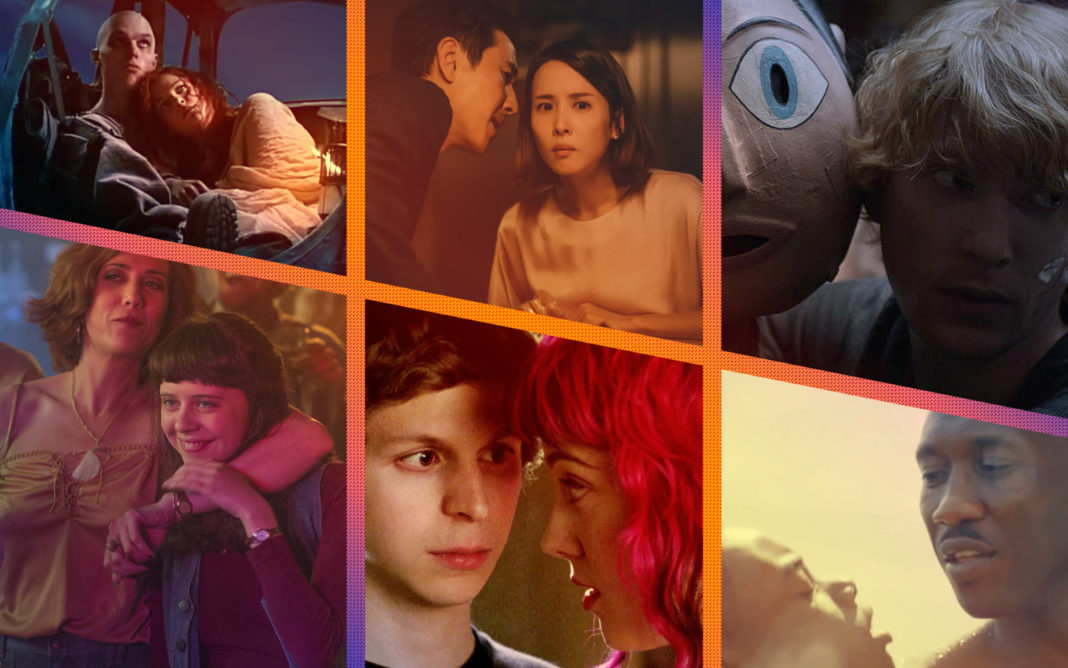
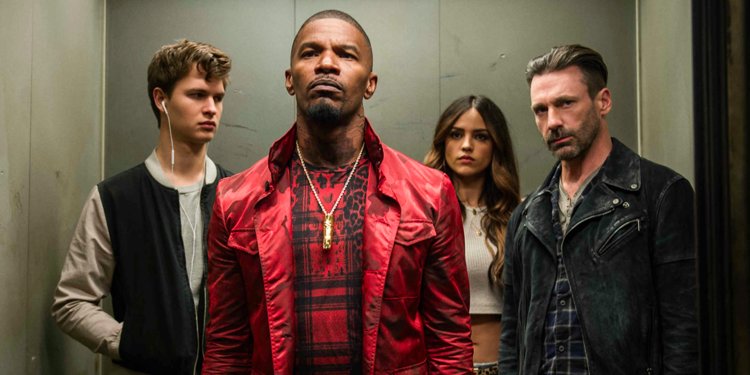 Baby Driver (2017, dir. Edgar Wright)
Baby Driver (2017, dir. Edgar Wright)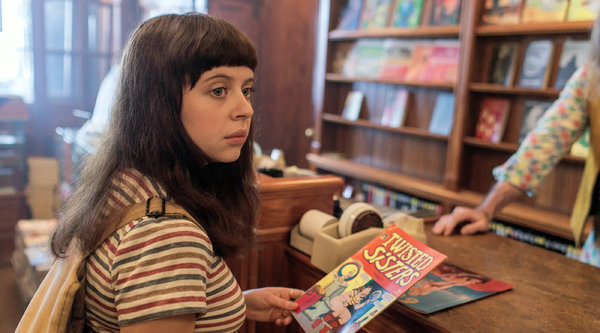 The Diary of a Teenage Girl (2015, dir. Marielle Heller)
The Diary of a Teenage Girl (2015, dir. Marielle Heller)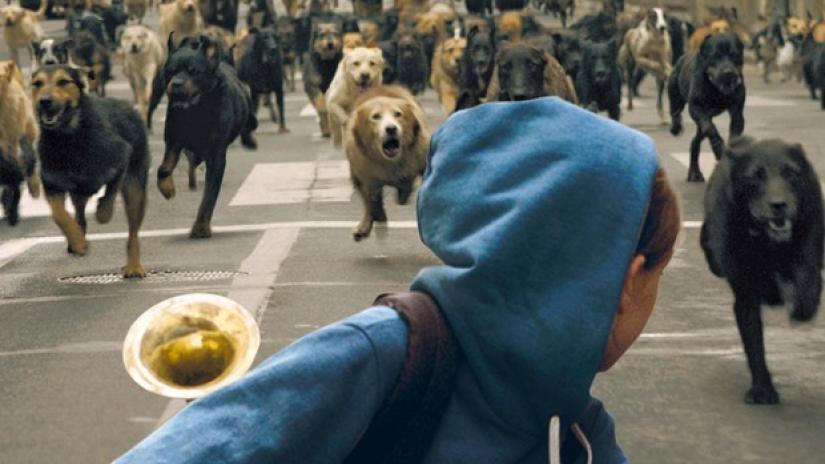 Fehér isten (White God) (2014, dir. Kornél Mundruczó)
Fehér isten (White God) (2014, dir. Kornél Mundruczó)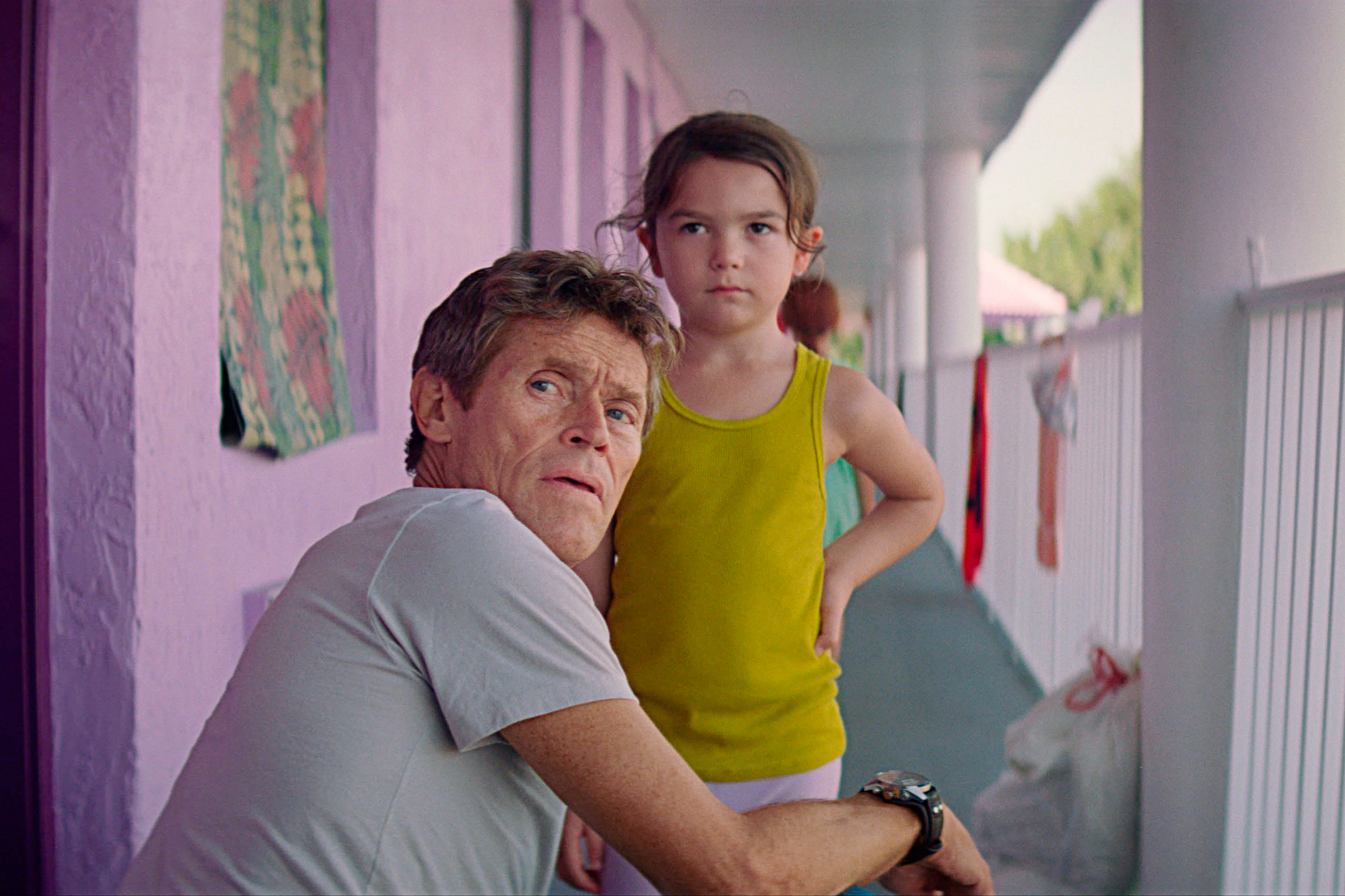 The Florida Project (2017, dir. Sean Baker)
The Florida Project (2017, dir. Sean Baker) Frank (2014, dir. Lenny Abrahamson)
Frank (2014, dir. Lenny Abrahamson)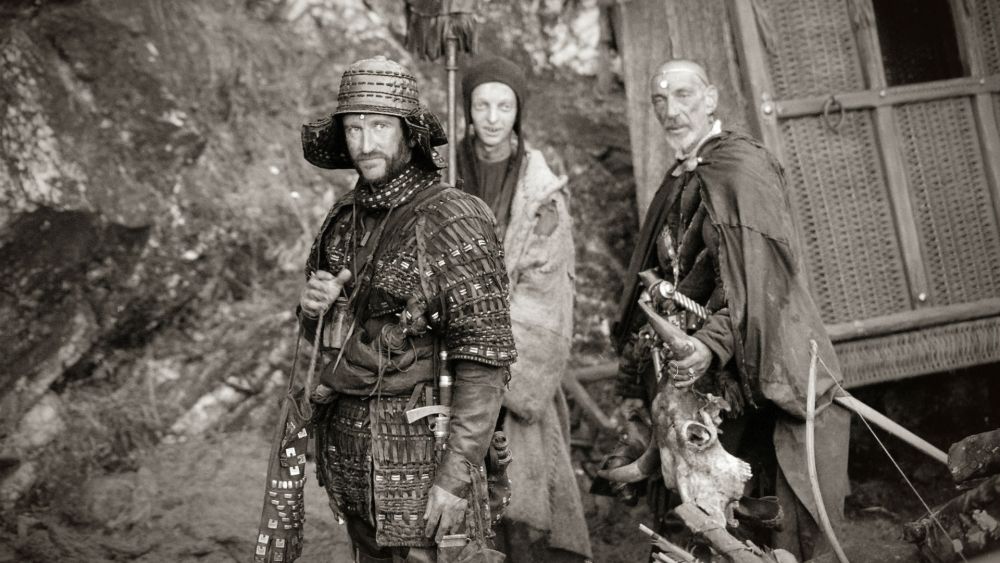 Hard to Be a God (Трудно быть богом) (2013, dir. Aleksei German)
Hard to Be a God (Трудно быть богом) (2013, dir. Aleksei German)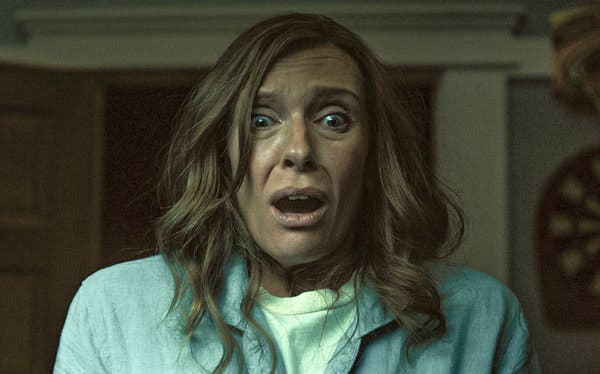 Hereditary (2018, dir. Ari Aster)
Hereditary (2018, dir. Ari Aster)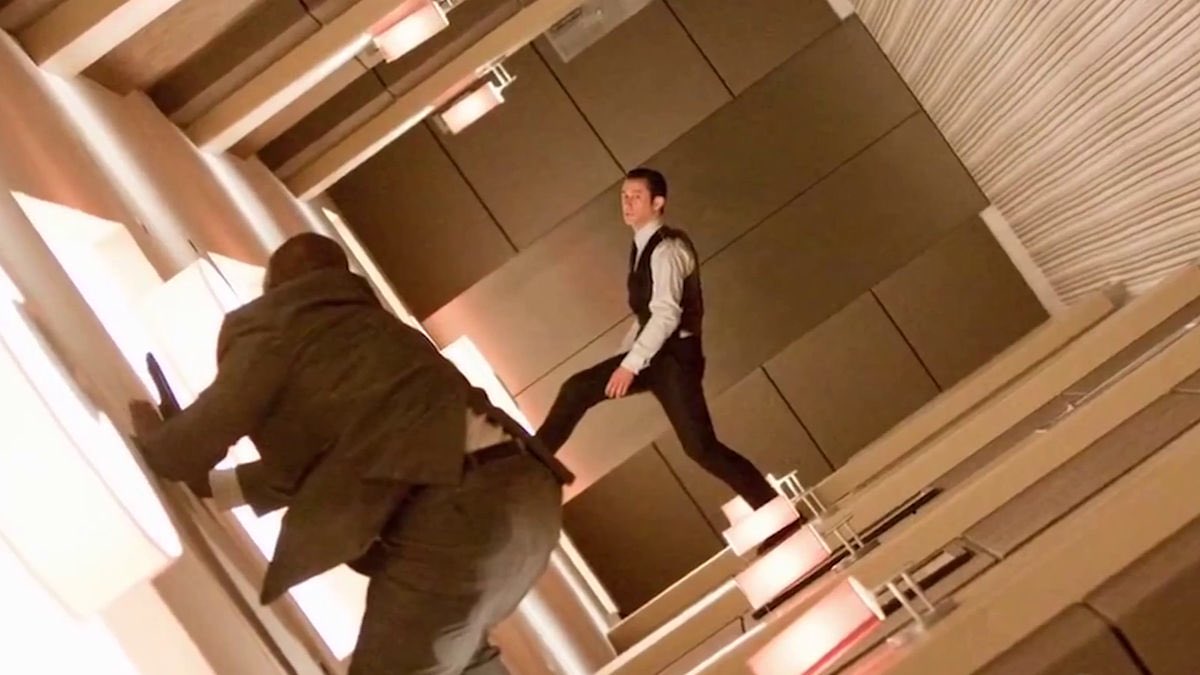 Inception (2010, dir. Christopher Nolan)
Inception (2010, dir. Christopher Nolan)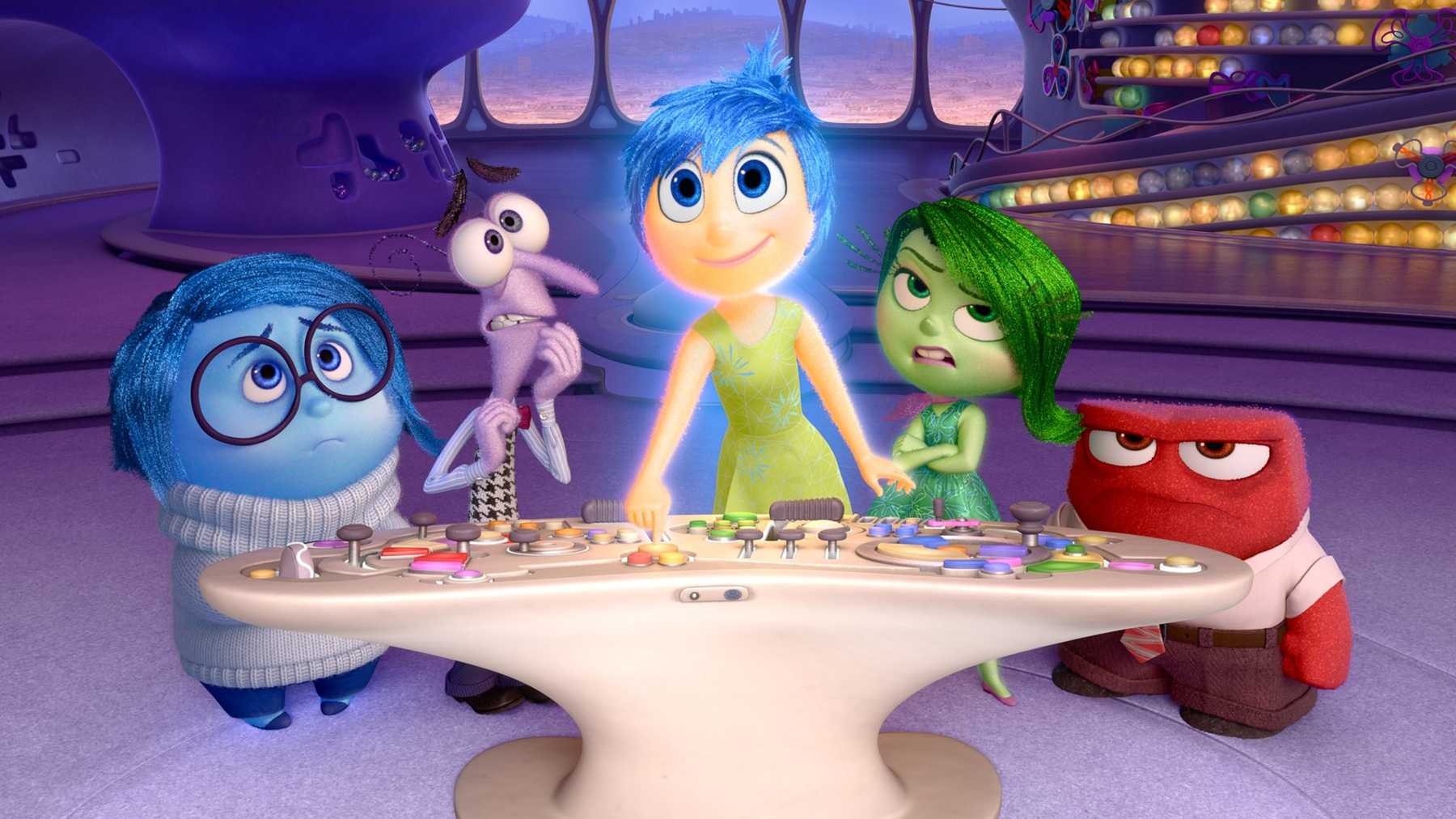
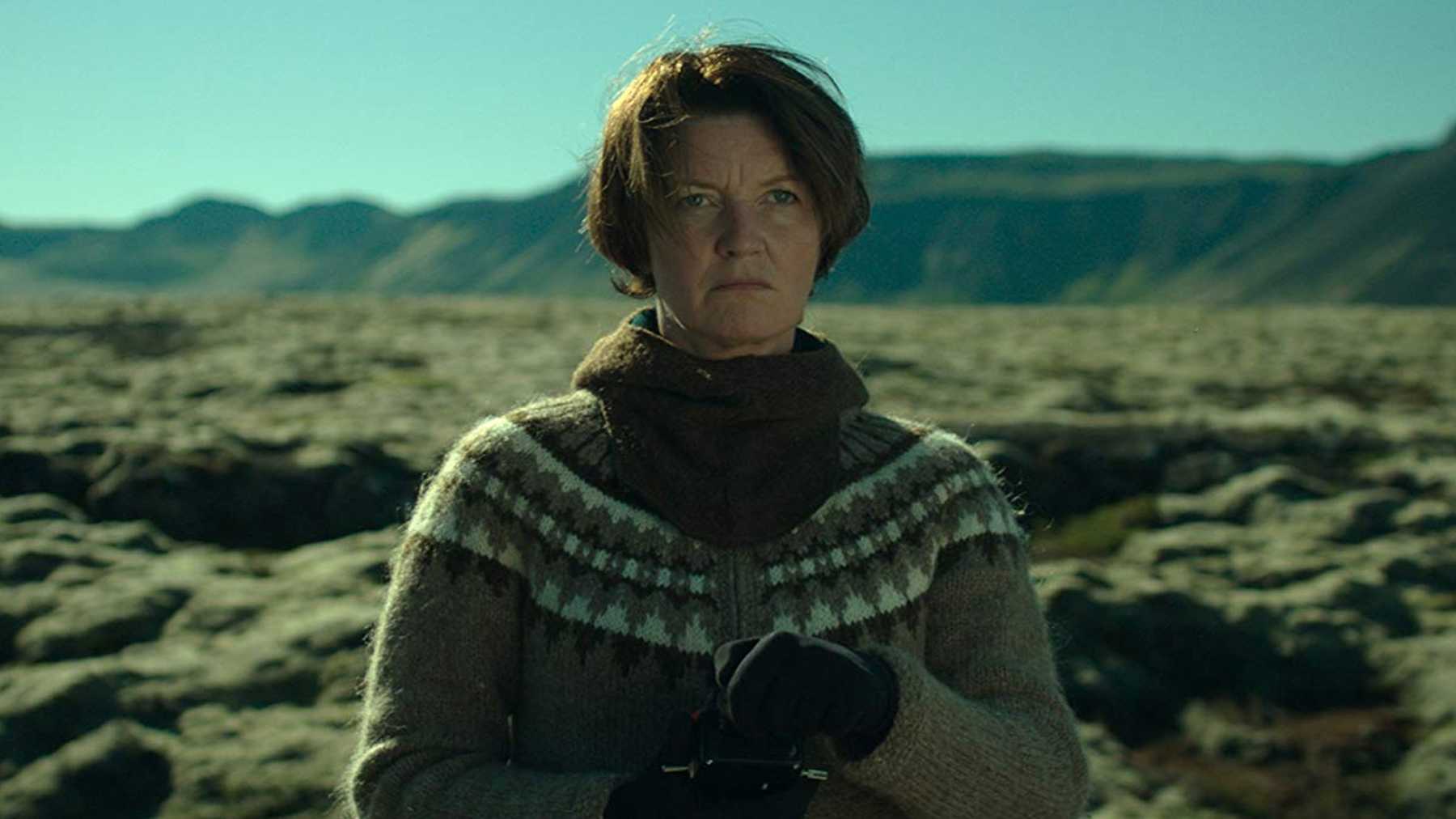 Kona fer í stríð (Woman At War) (2019, dir. Benedikt Erlingsson)
Kona fer í stríð (Woman At War) (2019, dir. Benedikt Erlingsson) Life of Pi (2012, dir. Ang Lee)
Life of Pi (2012, dir. Ang Lee)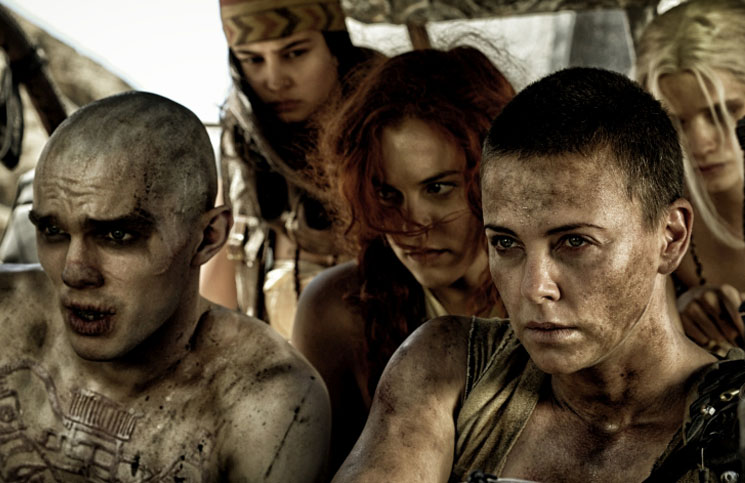
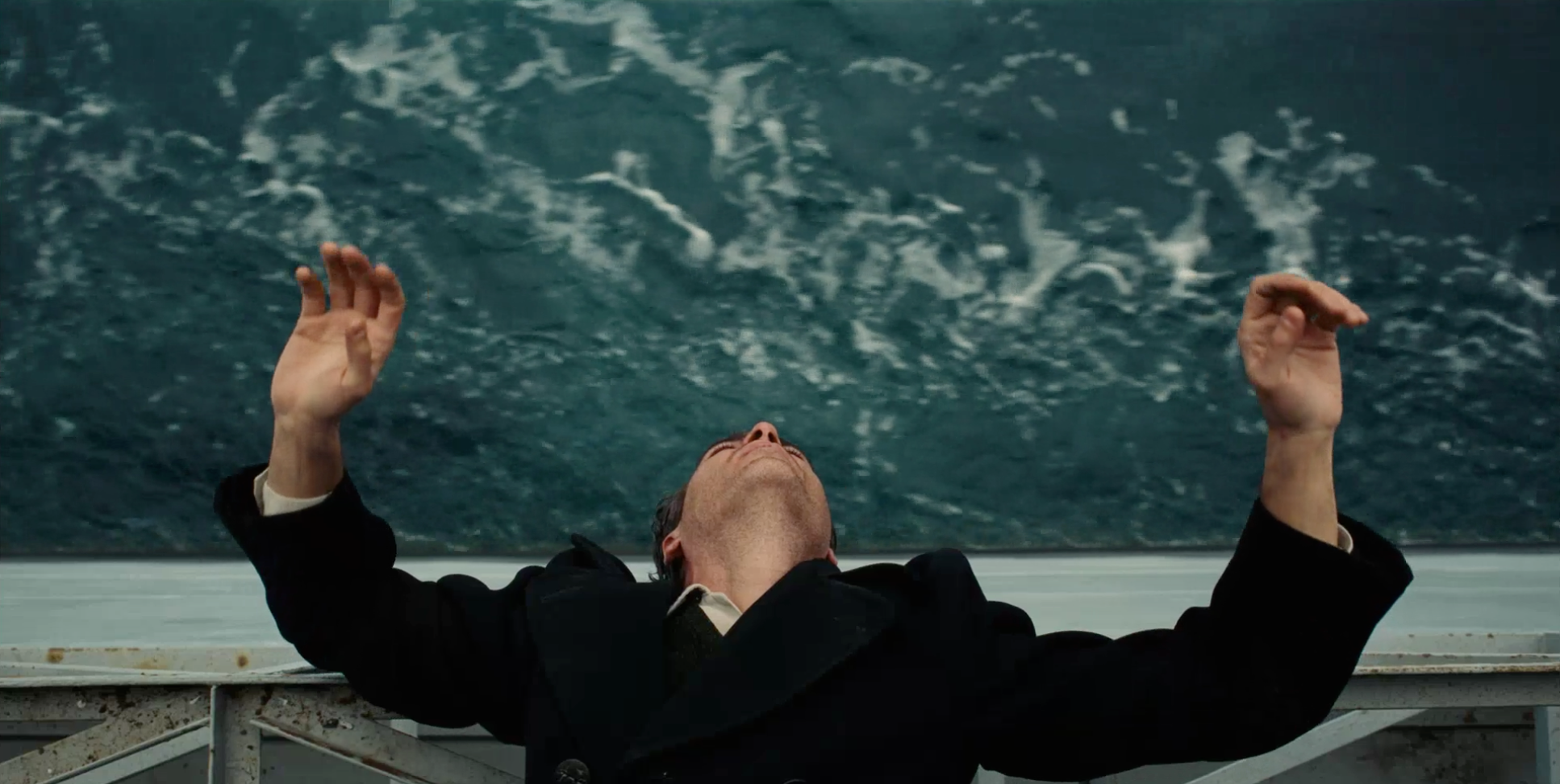 The Master (2012, dir. Paul Thomas Anderson)
The Master (2012, dir. Paul Thomas Anderson)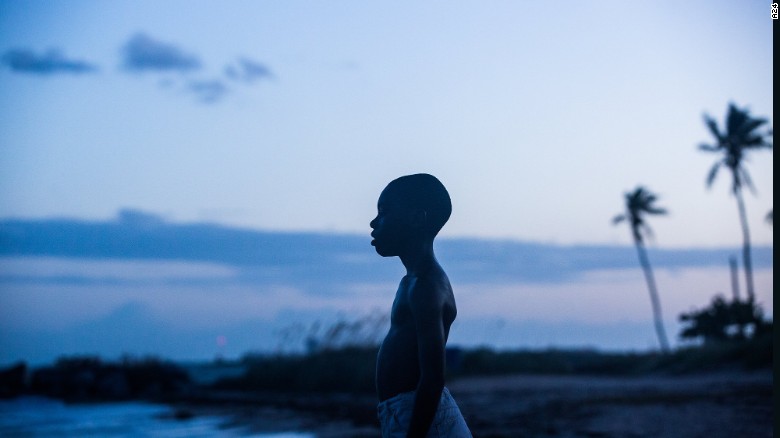 Moonlight (2016, dir. Barry Jenkins)
Moonlight (2016, dir. Barry Jenkins)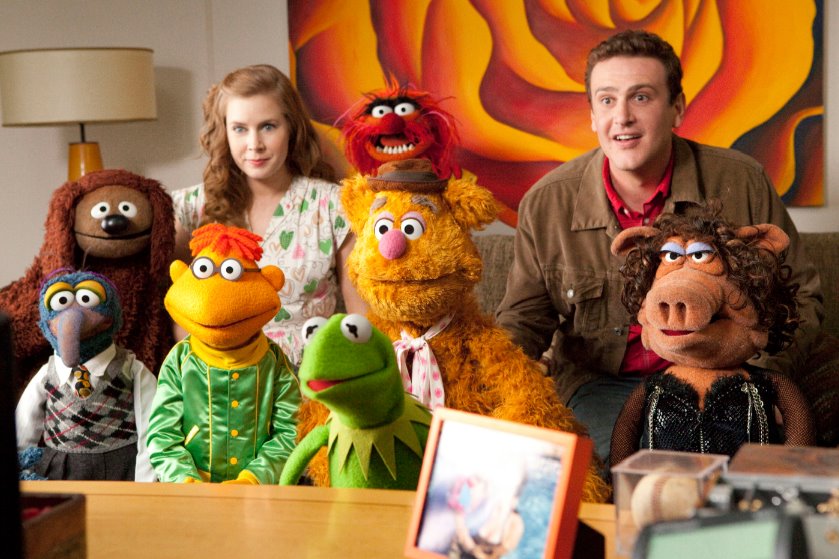 The Muppets (2011, dir. James Bobin)
The Muppets (2011, dir. James Bobin)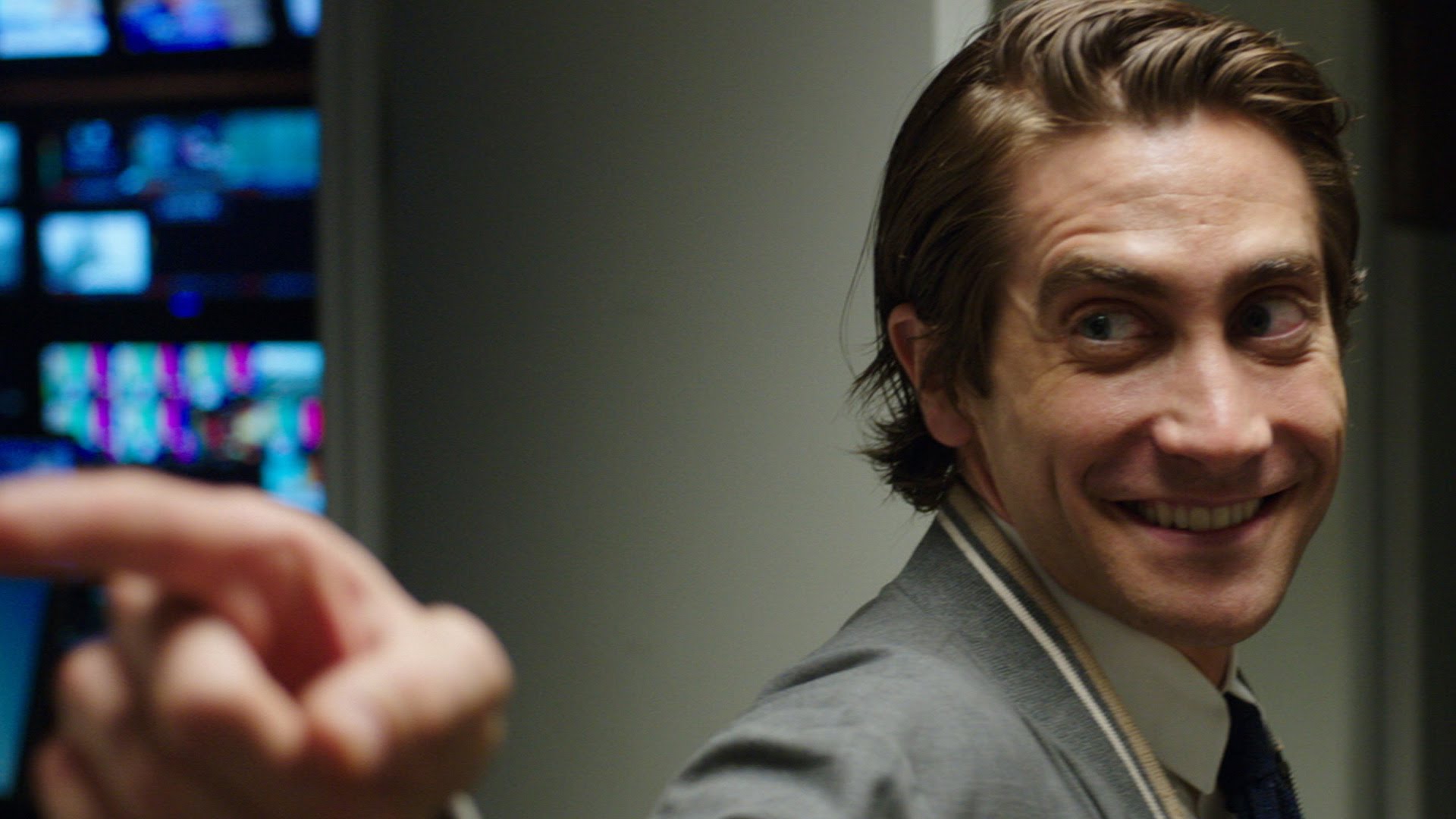 Nightcrawler (2014, dir. Dan Gilroy)
Nightcrawler (2014, dir. Dan Gilroy)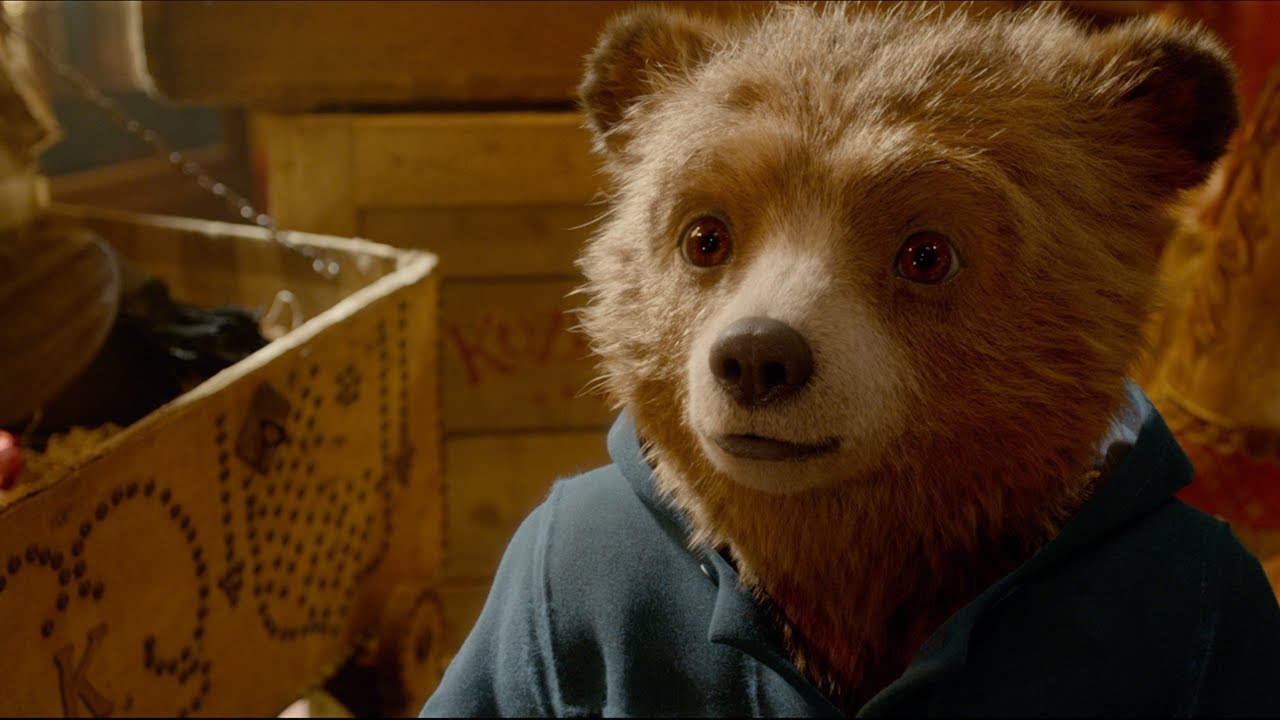 Paddington 2 (2017, dir. Paul King)
Paddington 2 (2017, dir. Paul King)
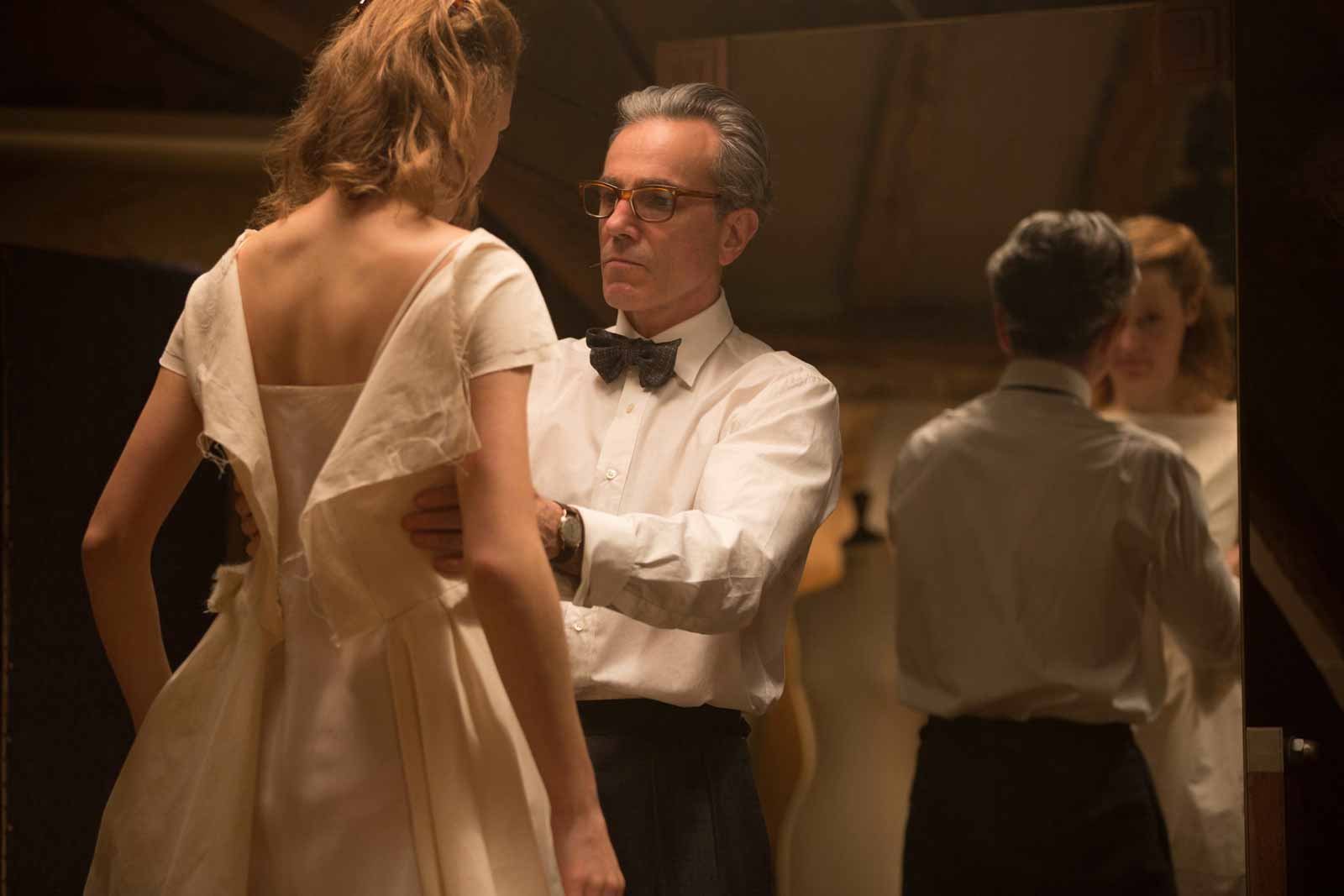 Phantom Thread (2017, dir. Paul Thomas Anderson)
Phantom Thread (2017, dir. Paul Thomas Anderson)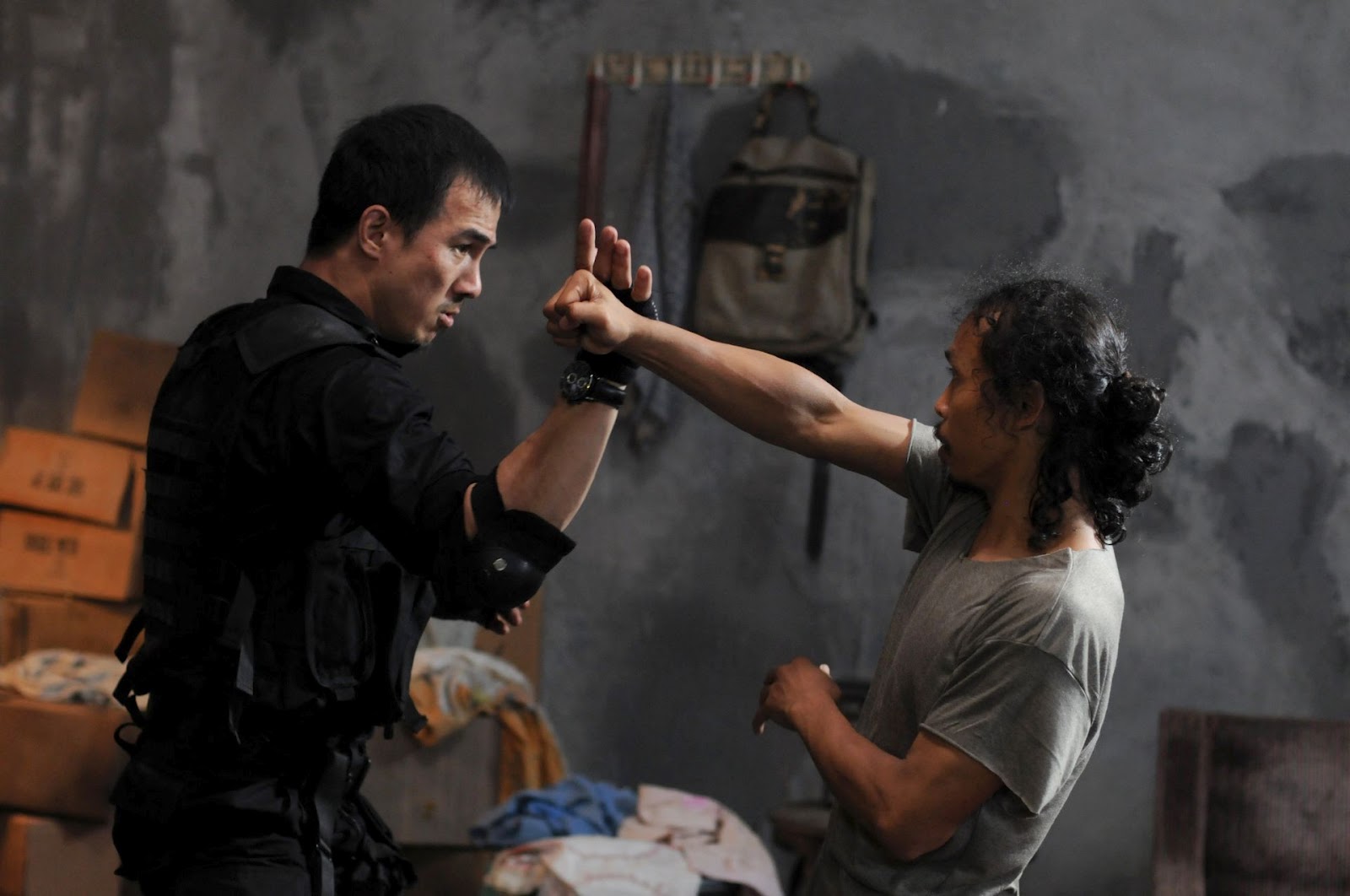 Serbuan maut (The Raid: Redemption) (2011, Gareth Evans)
Serbuan maut (The Raid: Redemption) (2011, Gareth Evans)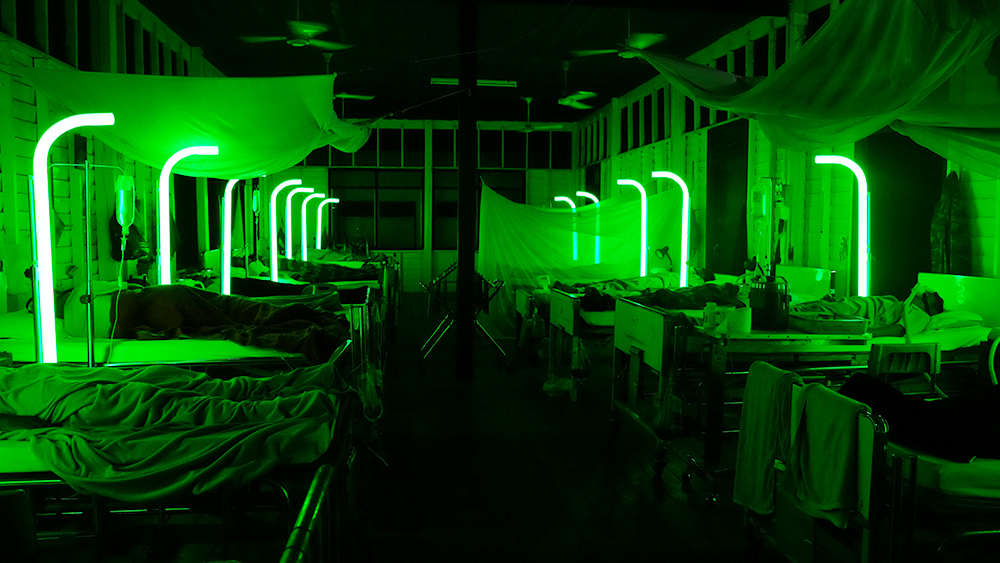 Rak Ti Khon Kaen (Cemetery of Splendour) (2015, dir. Apichatpong Weerasethakul)
Rak Ti Khon Kaen (Cemetery of Splendour) (2015, dir. Apichatpong Weerasethakul)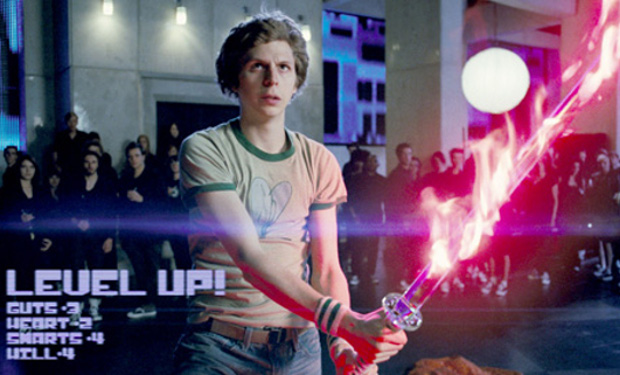 Scott Pilgrim vs. the World (2010, dir. Edgar Wright)
Scott Pilgrim vs. the World (2010, dir. Edgar Wright)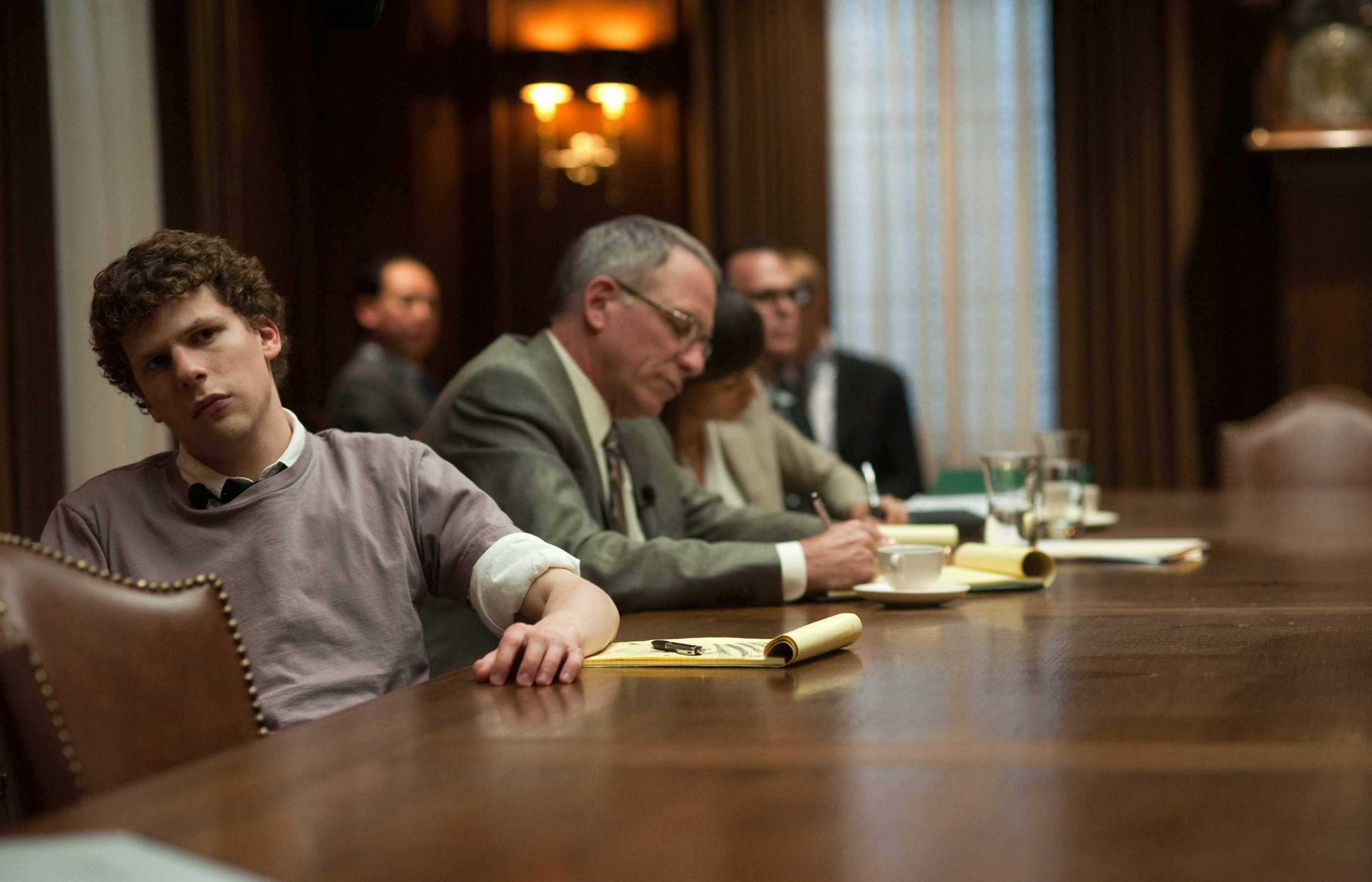 The Social Network (2010, dir. David Fincher)
The Social Network (2010, dir. David Fincher)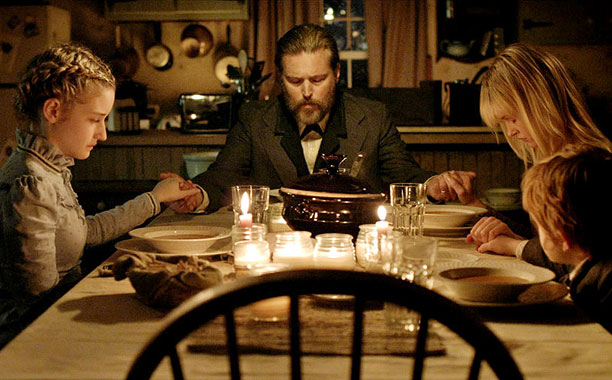
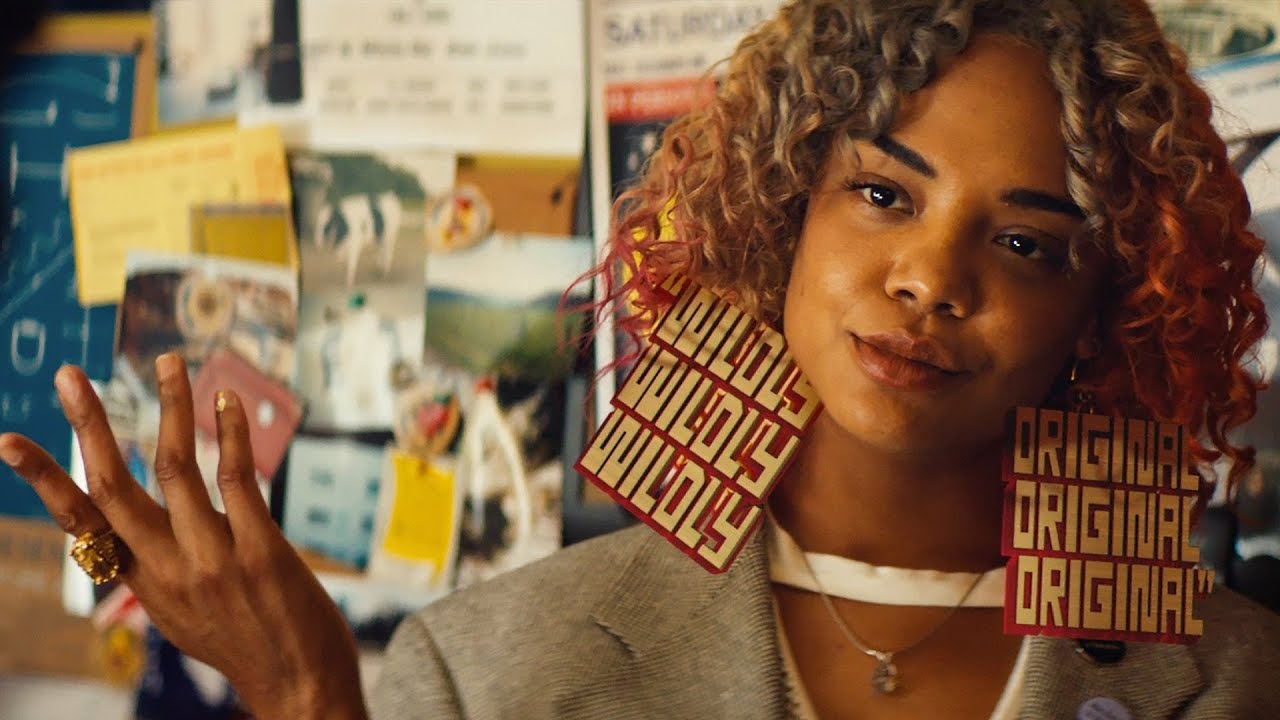 Sorry To Bother You (2018, dir. Boots Riley)
Sorry To Bother You (2018, dir. Boots Riley)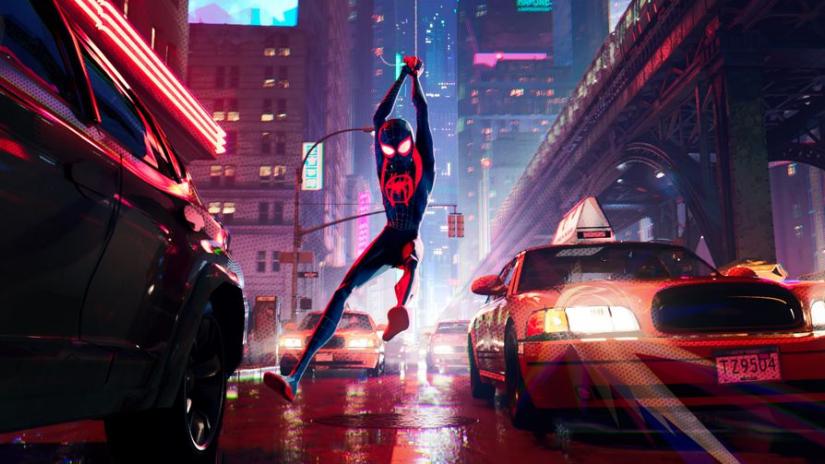
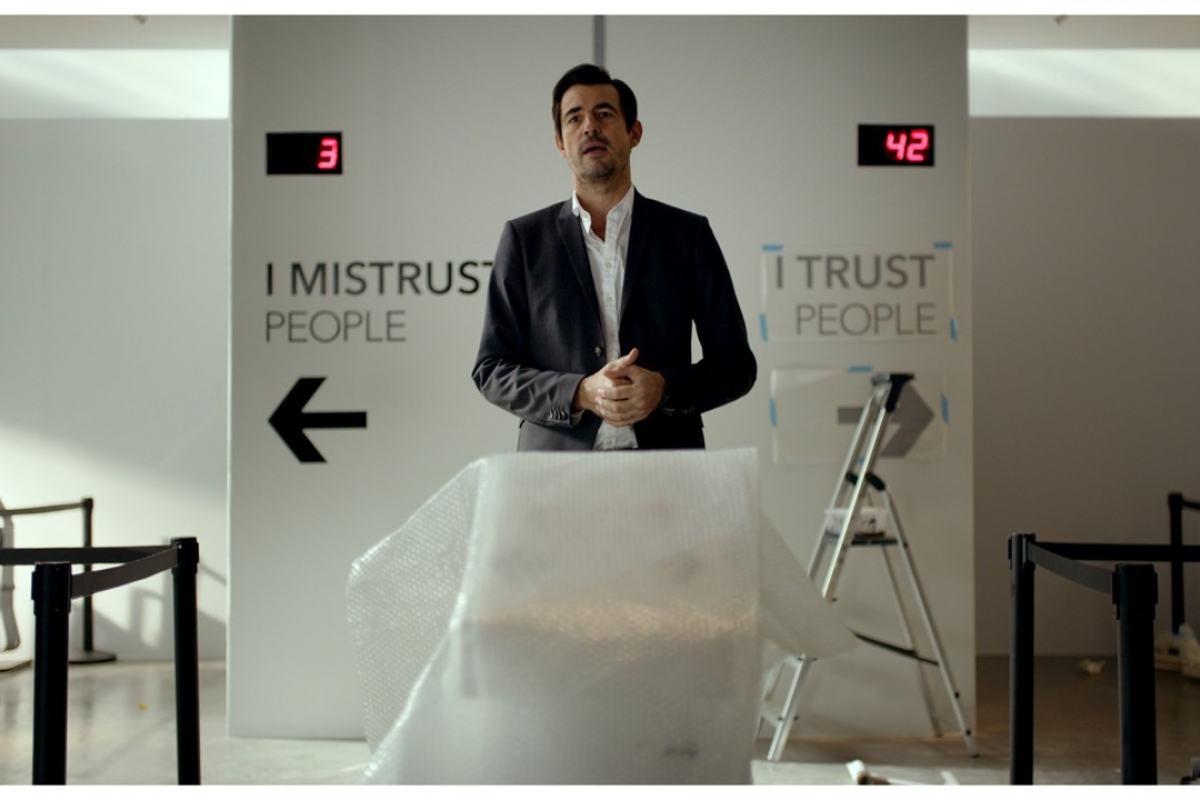 The Square (2017, dir. Ruben Östlund)
The Square (2017, dir. Ruben Östlund)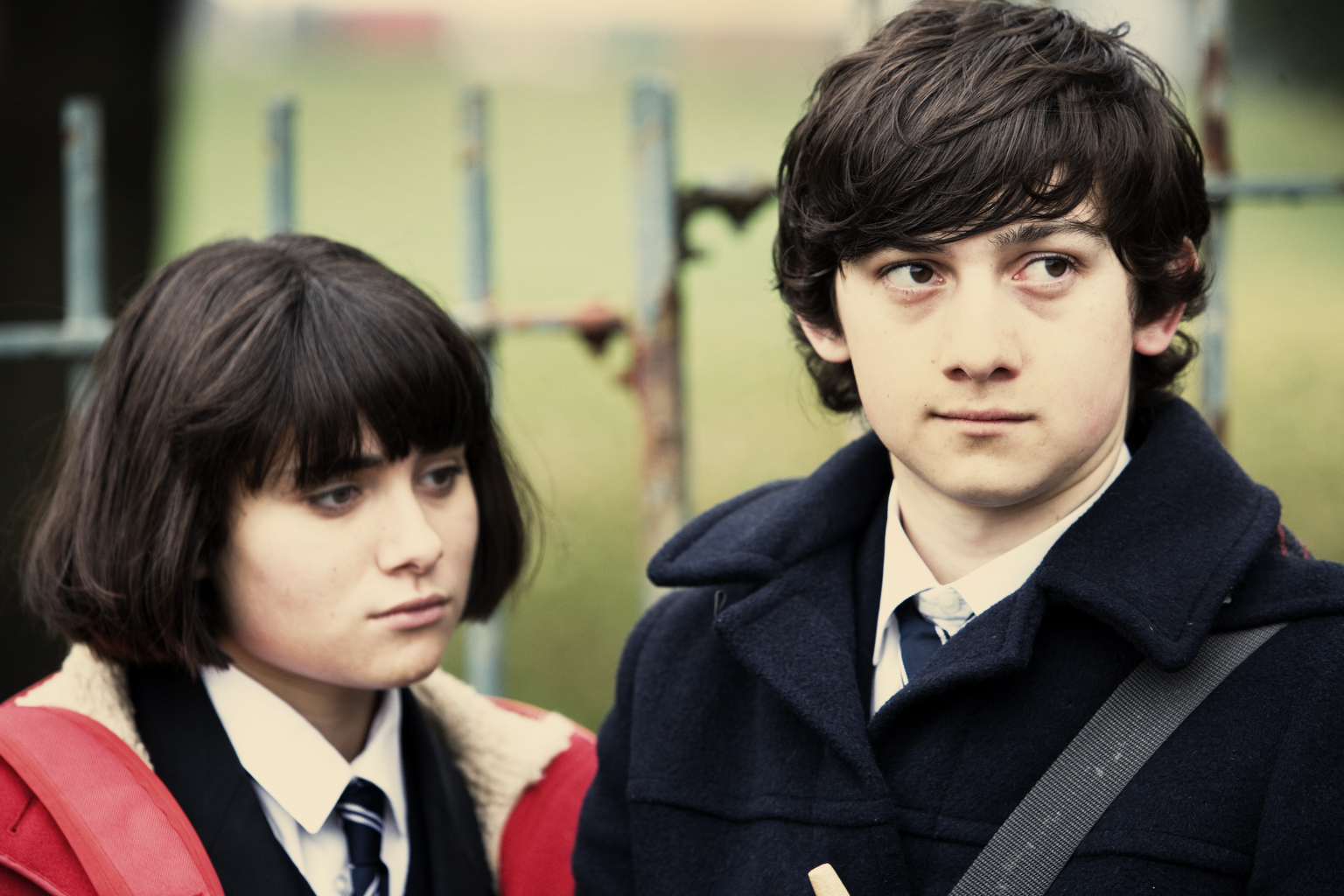 Submarine (2010, dir. Richard Ayoade)
Submarine (2010, dir. Richard Ayoade)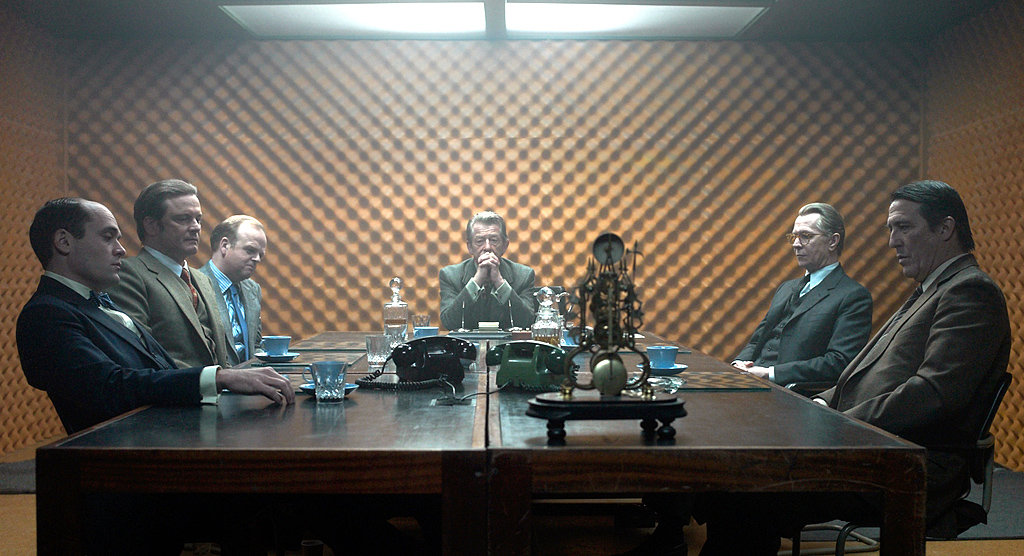 Tinker Tailor Soldier Spy (2011, dir. Tomas Alfredson)
Tinker Tailor Soldier Spy (2011, dir. Tomas Alfredson)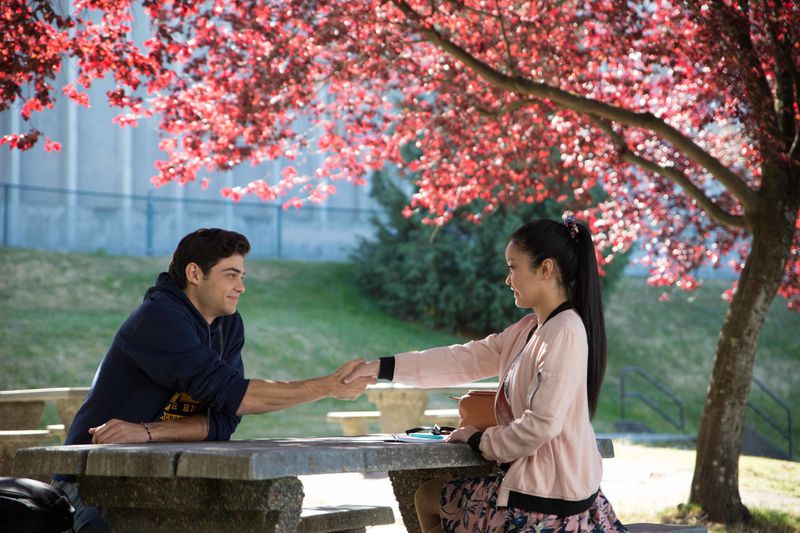 To All The Boys I’ve Loved Before (2018, dir. Susan Johnson)
To All The Boys I’ve Loved Before (2018, dir. Susan Johnson)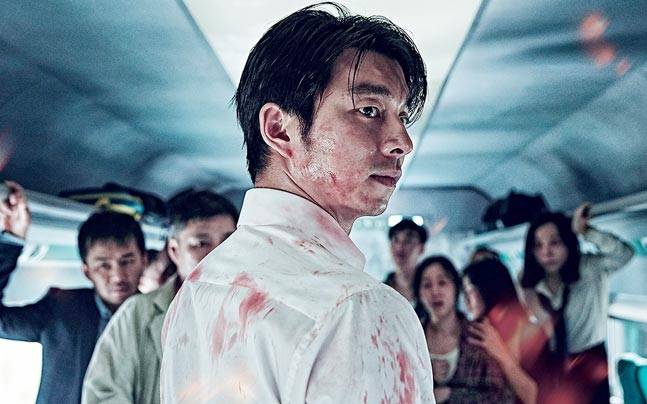 Train to Busan (부산행) (2016, dir. Yeon Sang-ho)
Train to Busan (부산행) (2016, dir. Yeon Sang-ho)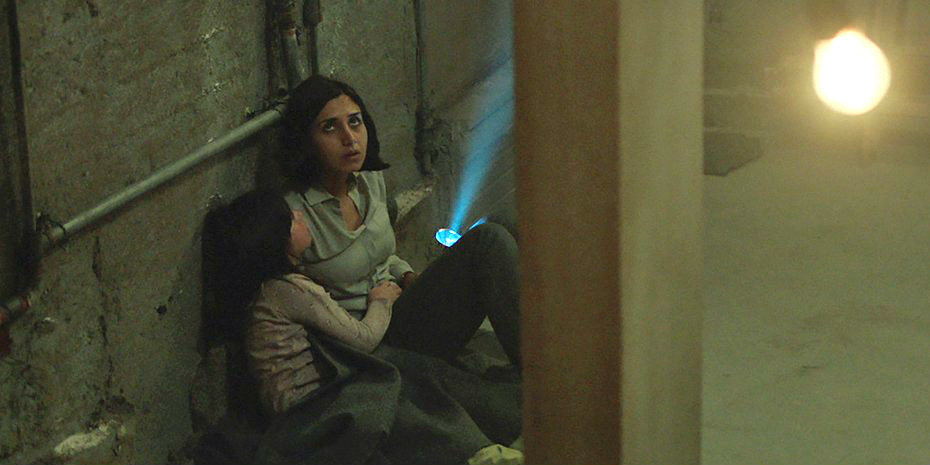 Under the Shadow (زیر سایه) (2016, dir. Babak Anvari)
Under the Shadow (زیر سایه) (2016, dir. Babak Anvari)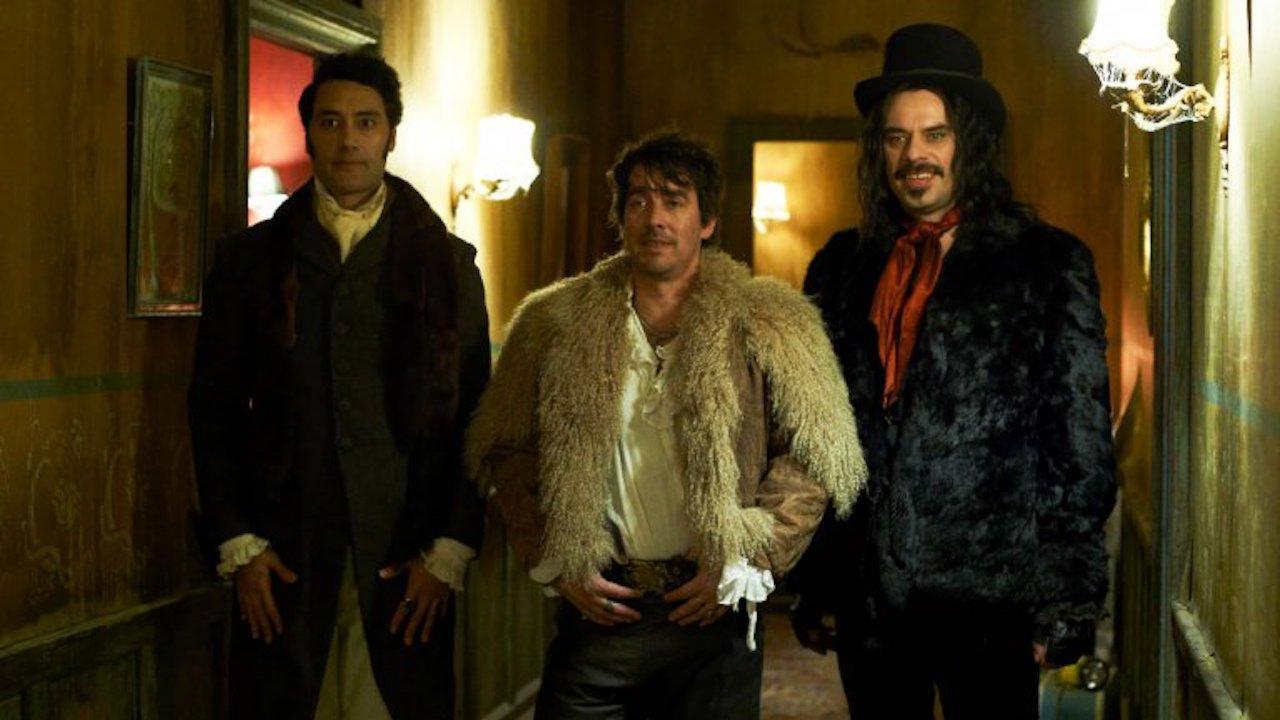 What We Do In The Shadows (2014, dirs. Taika Waititi, Jemaine Clement)
What We Do In The Shadows (2014, dirs. Taika Waititi, Jemaine Clement) Whiplash (2014, dir. Damien Chazelle)
Whiplash (2014, dir. Damien Chazelle)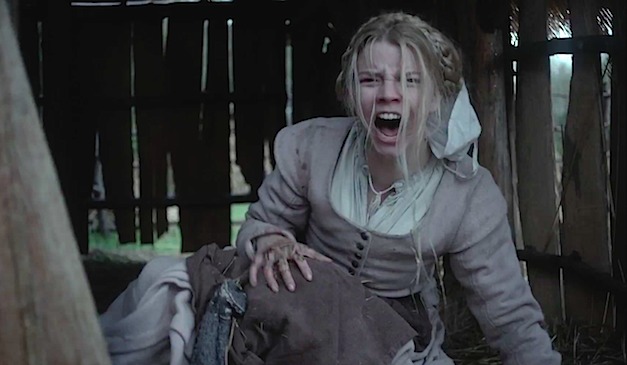 The Witch (2015, dir. Robert Eggers)
The Witch (2015, dir. Robert Eggers)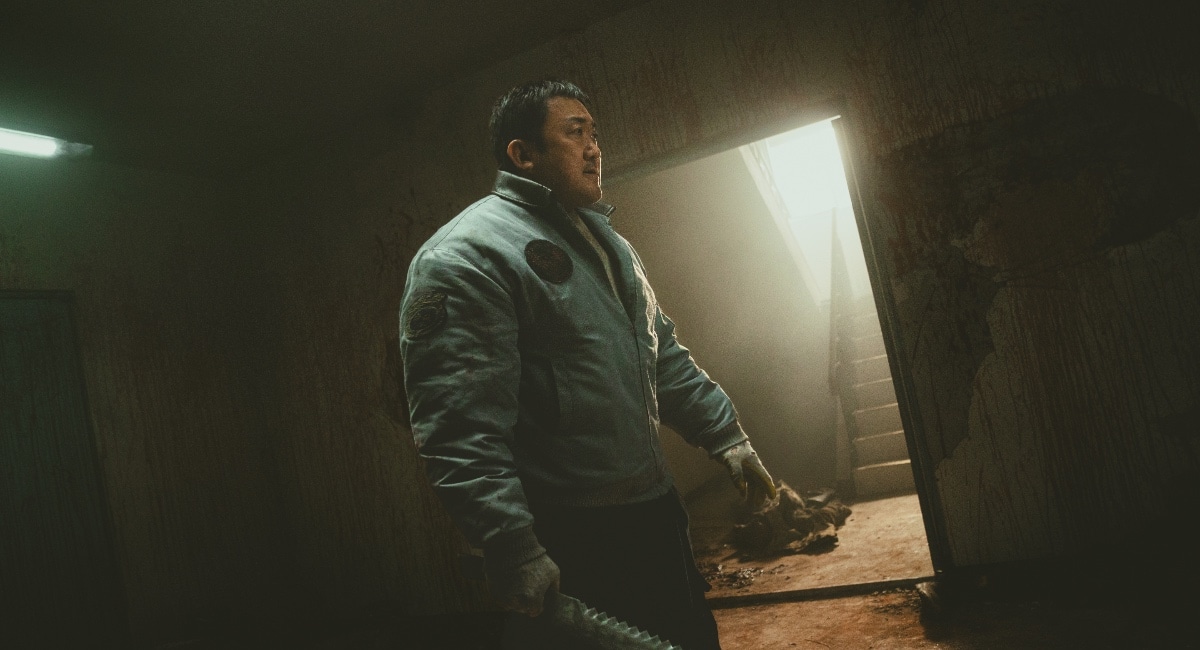
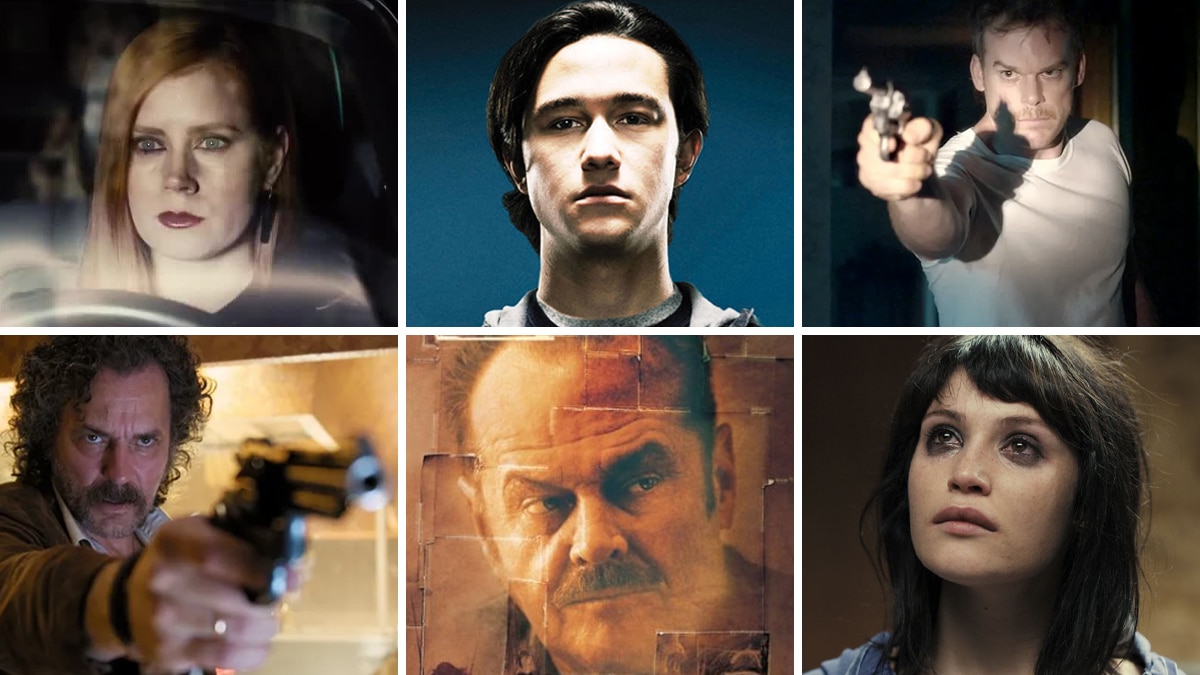



Wish you had included THE LAST JEDI, just to piss off the toxic fanboys.
This is actually a good list, but I seriously wish you had included CREED, one of the decade’s few movies I saw in a theater twice.
Thanks George, that’s definitely one of my favorite franchise entries this decade too. Lots of tremendous cinema, it hurt me terribly to leave off either of the Up Series docs, or Tree of Life, or Before Midnight, or Holy Motors, or…etc etc
Two movies directed by Alex Garland, EX MACHINA and ANNIHILATION, are also among my faves of the decade.
All lists are subjective, I’ll add “Swiss army man” and “Sing Street”.
“The film is packed with incredible (and really funny) cinematography and messy, unsubtle satire about classicism, poverty, and race that offer a horrifying, hysterical, and brazen take on capitalism.”
I don’t remember any satire of classicism in Sorry to Bother You :P
I probably would have left out Scott Pilgrim and swapped it with Captain America:First Avenger or Black Panther. I loved the graphic novels but Pilgrim was the Tank Girl of the 2010’s. Hard to translate into live action and frankly would have been better animated. First Avenger and Black Panther were the best of all the Marvel films that dominated the decade.
I’m surprised that neither Black Panther or the first Guardians of the Galaxy (the best MCU movies, IMO) didn’t make the list.
What makes them special is that you don’t need a Ph.D. in Marvel history and continuity to follow them. They’re as close to standalone movies as this franchise has produced.
Now Feige is saying you’ll need to watch the MCU streaming series to fully understand the upcoming Marvel movies. I’ll pass.
Logan, My Friend Dahmer and or Diary of a Teenage Girl were all also better than Scott Pilgrim. Logan by far was the best and consistent of the X-Men films.
Any “Best Films of the 2010s” without Girlhood on it is courting great scorn. Other than that, a pretty interesting list!
Comments are closed.